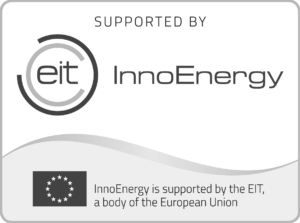23.09.2022
Healthcare community meeting Kärajad focuses on healthcare systems and data

This year, the traditional healthcare community meetup known as Kärajad focused on healthcare systems and data. Speakers from the public and private sector shared their experience and good practices. Together, they sought to establish how to bring healthcare systems into people’s everyday lives and use health data in a way that benefits all parties, including the individual.
Minister of Health and Labour Peep Peterson kicked off the day with a video greeting. Among other things, the minister expressed his gratitude to the people working in the field for everything that has been accomplished so far as well as everything still waiting to be done.
Kalle Killar, who led the development of upTIS at the Ministry of Social Affairs, gave an overview of the progress made with the development of the new generation of healthcare system (upTIS), what the challenges have been and what the future will bring. According to Kalle, the main expectation for upTIS is for the necessary information to be accessible in an easy and understandable manner. When speaking about the Common European Health Data Space, he said that discussions between Member States regarding the potential future of this space will commence in autumn. The fact that data should be systematised in the same way and compliant with the same standards will certainly pose a challenge, but this is the only way to ensure that the data are usable in different areas and countries. Kalle also asked the audience what animal they would pick to characterise upTIS and the most popular answer was “turtle”.
Terje Peetso from the Board of the North Estonia Medical Centre delivered an overview of health data in the service of the public good. Terje highlighted that data are valuable and should be used skilfully and in a trusted environment. Without data, we have no way to move forwards with health care. She added that patients should be more involved in this process – it would benefit both sides. All of this requires digital health awareness.
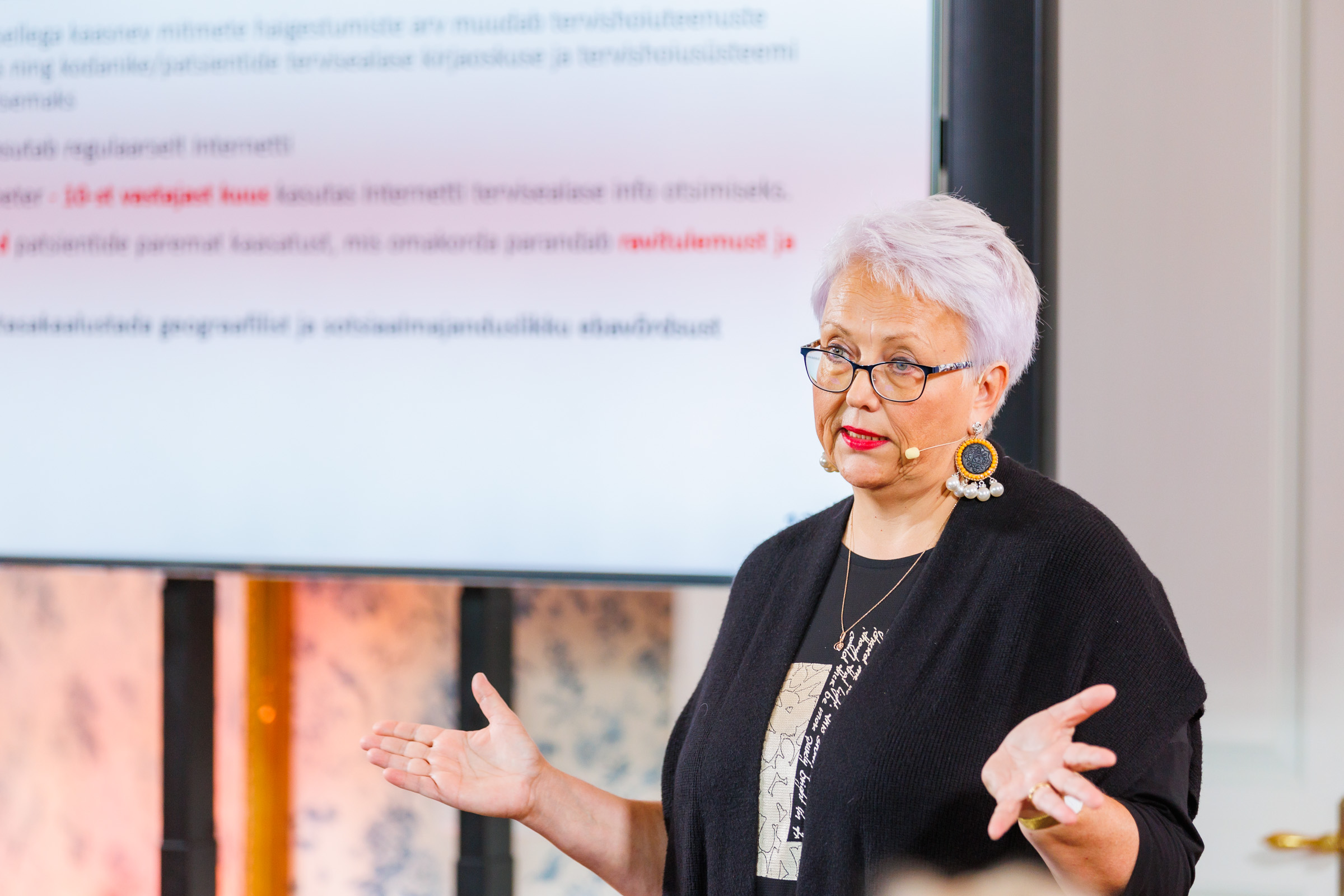
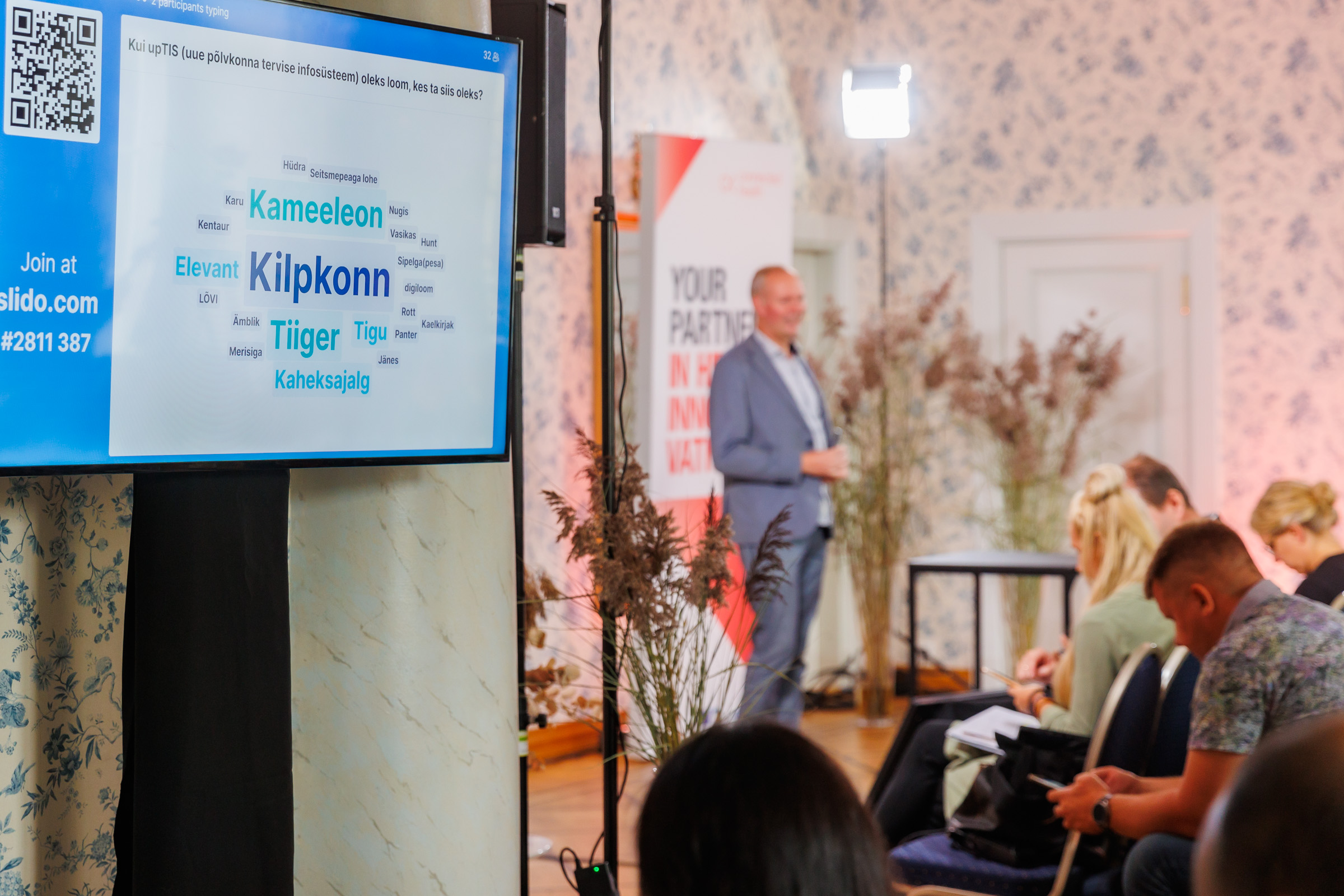
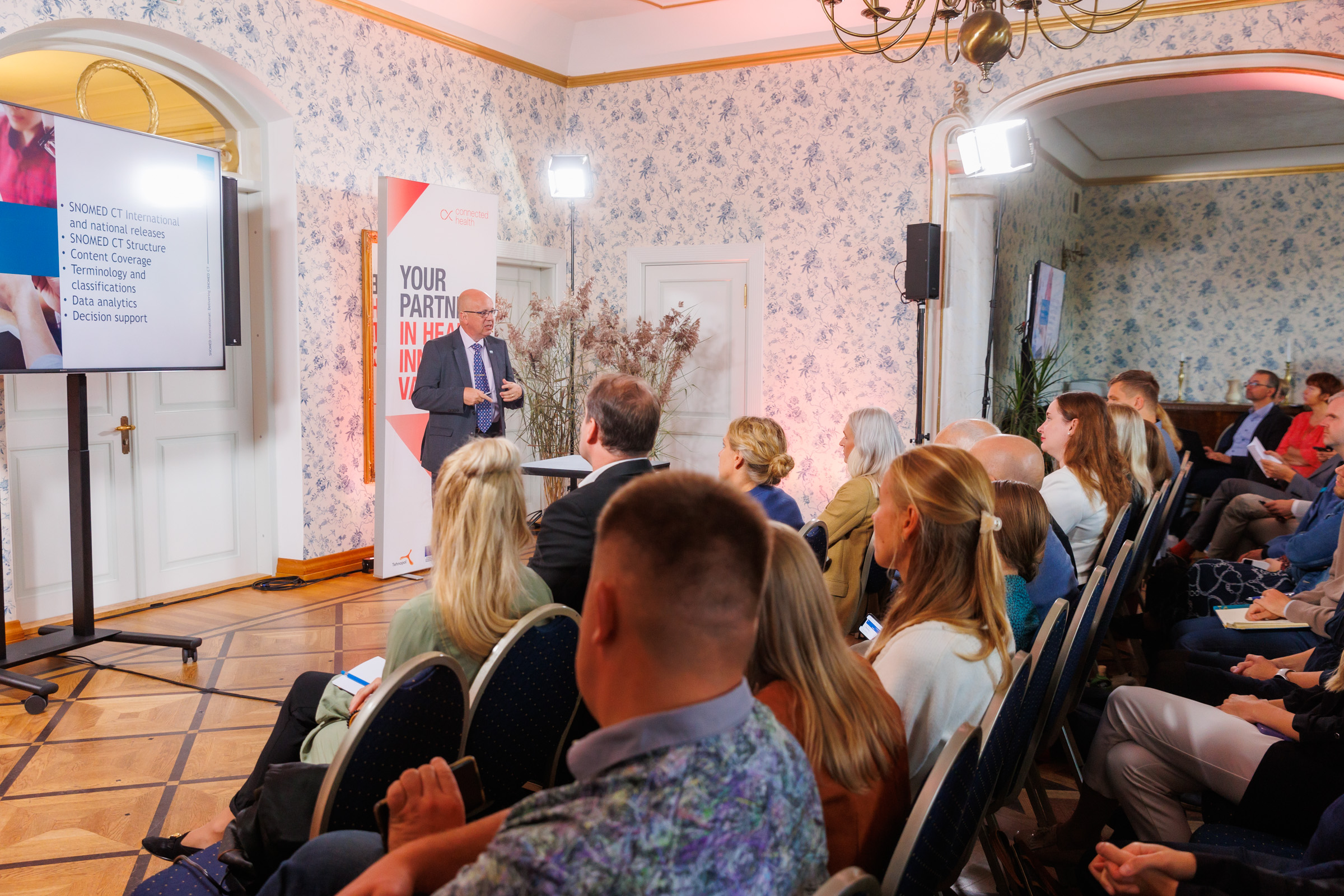
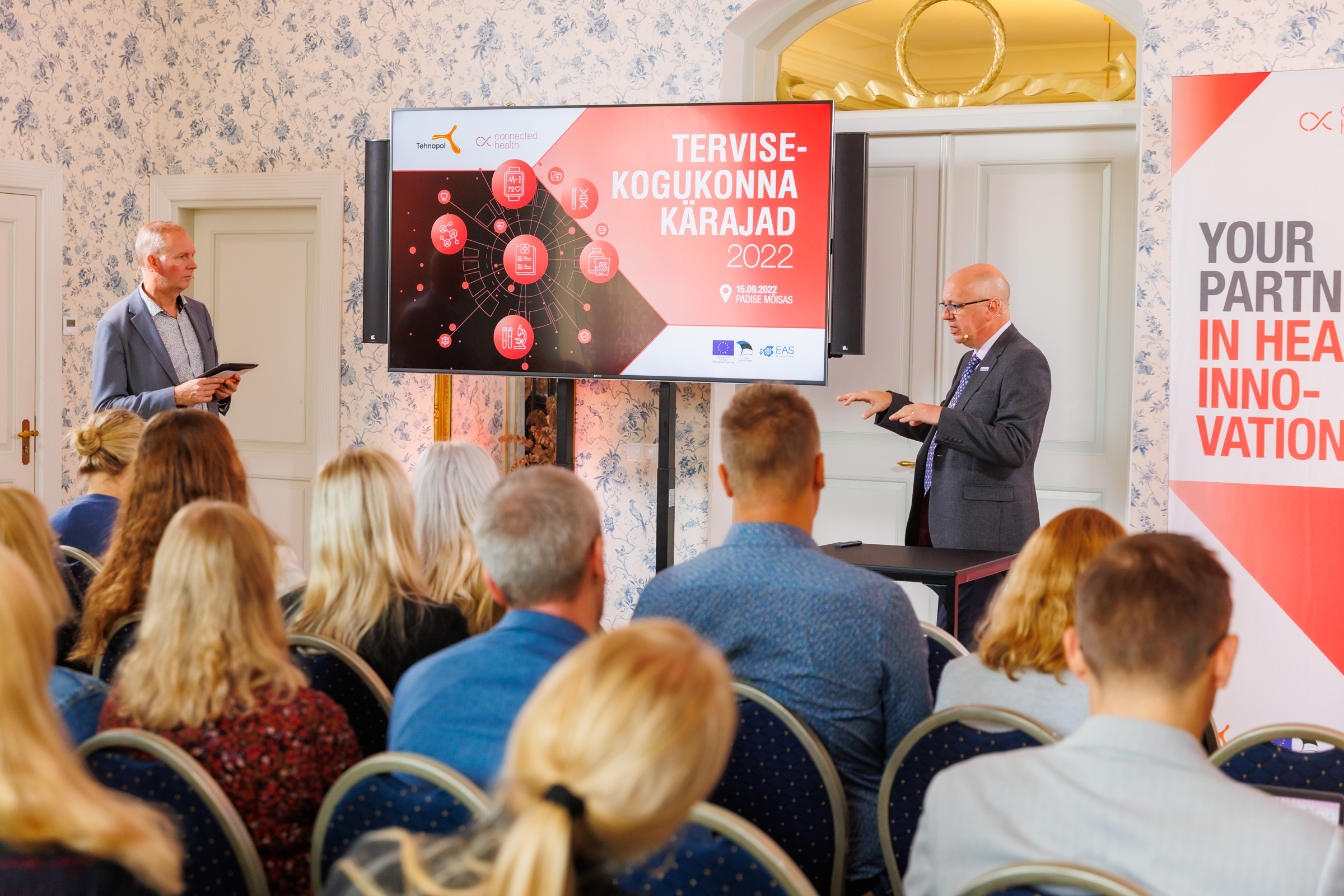
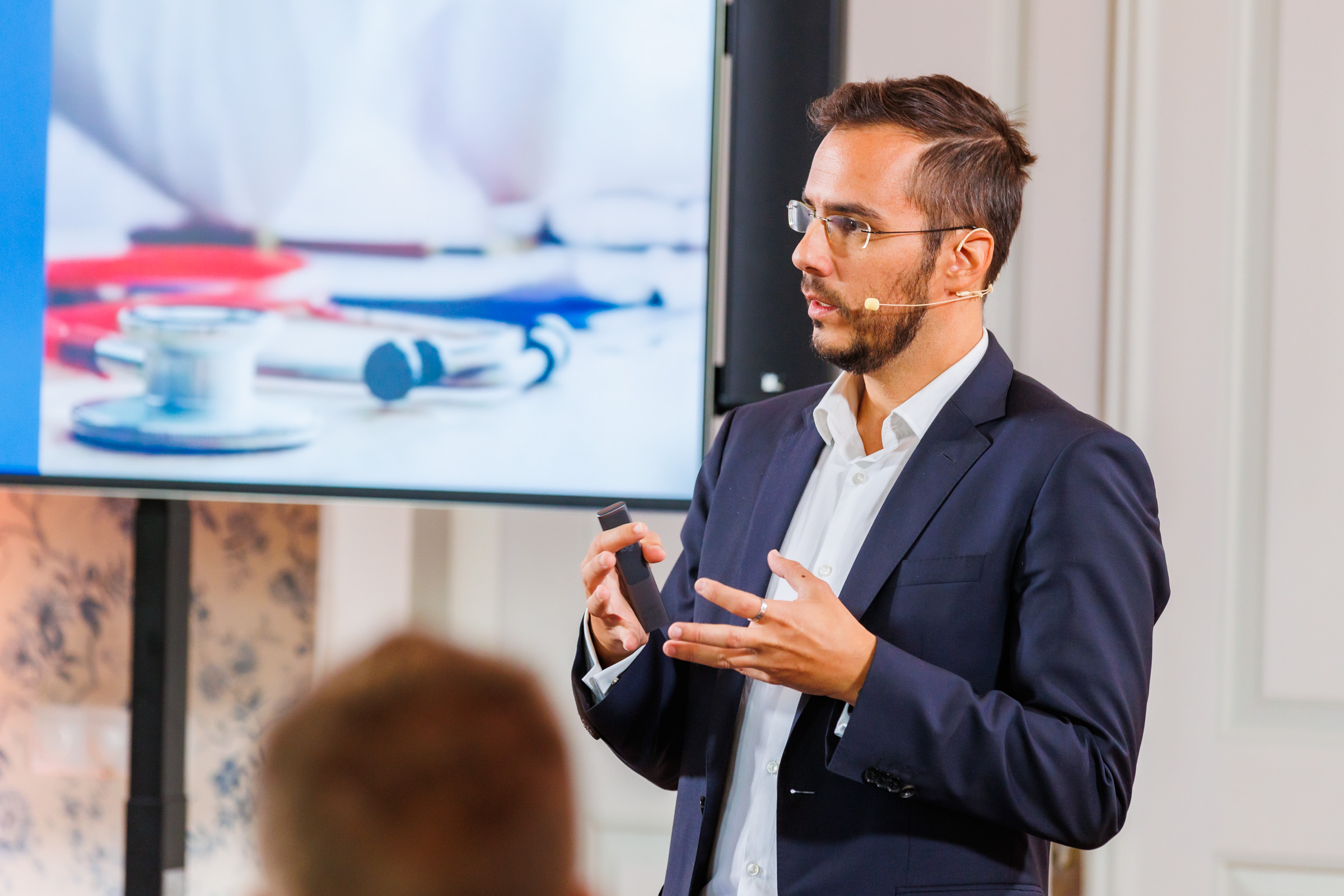
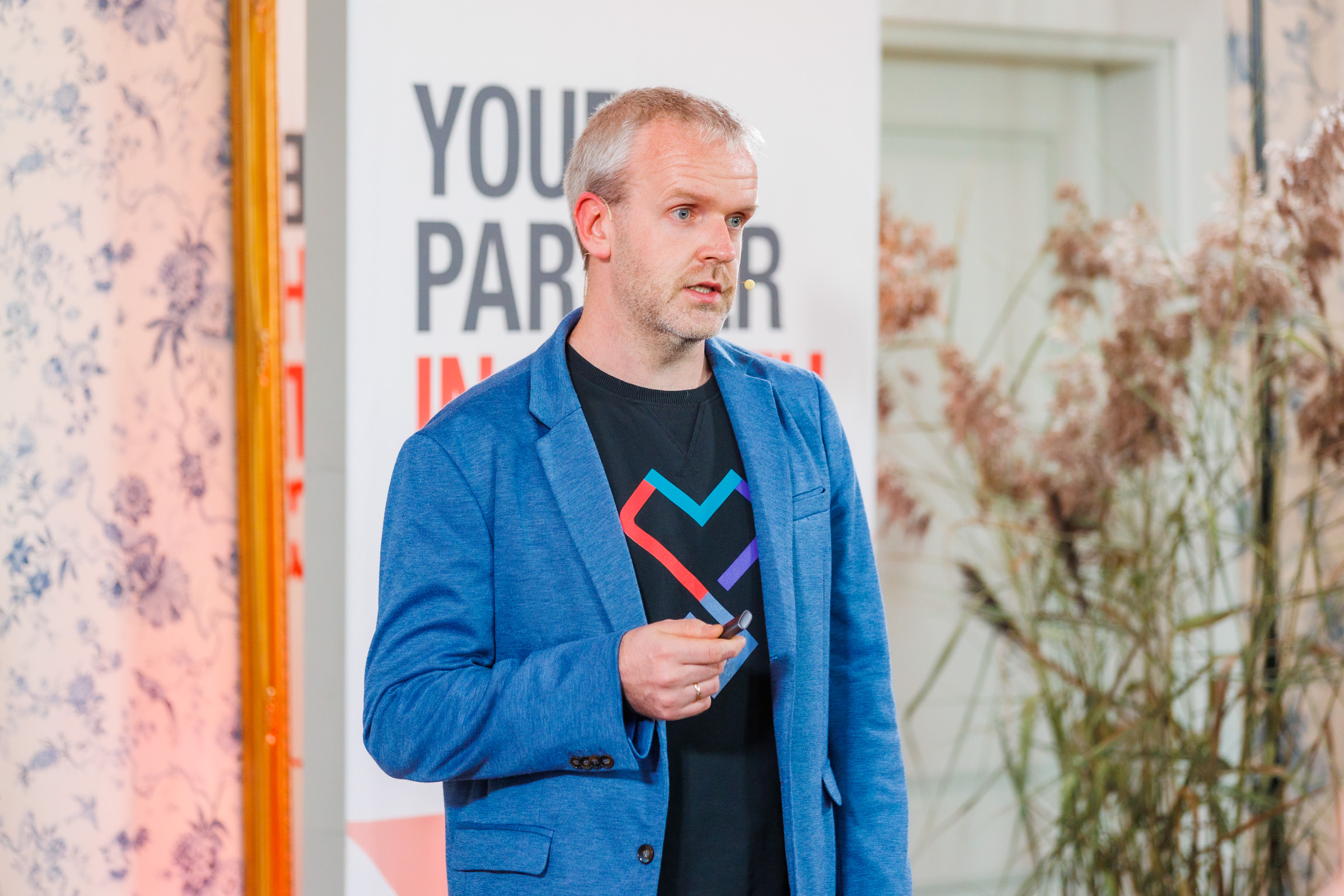
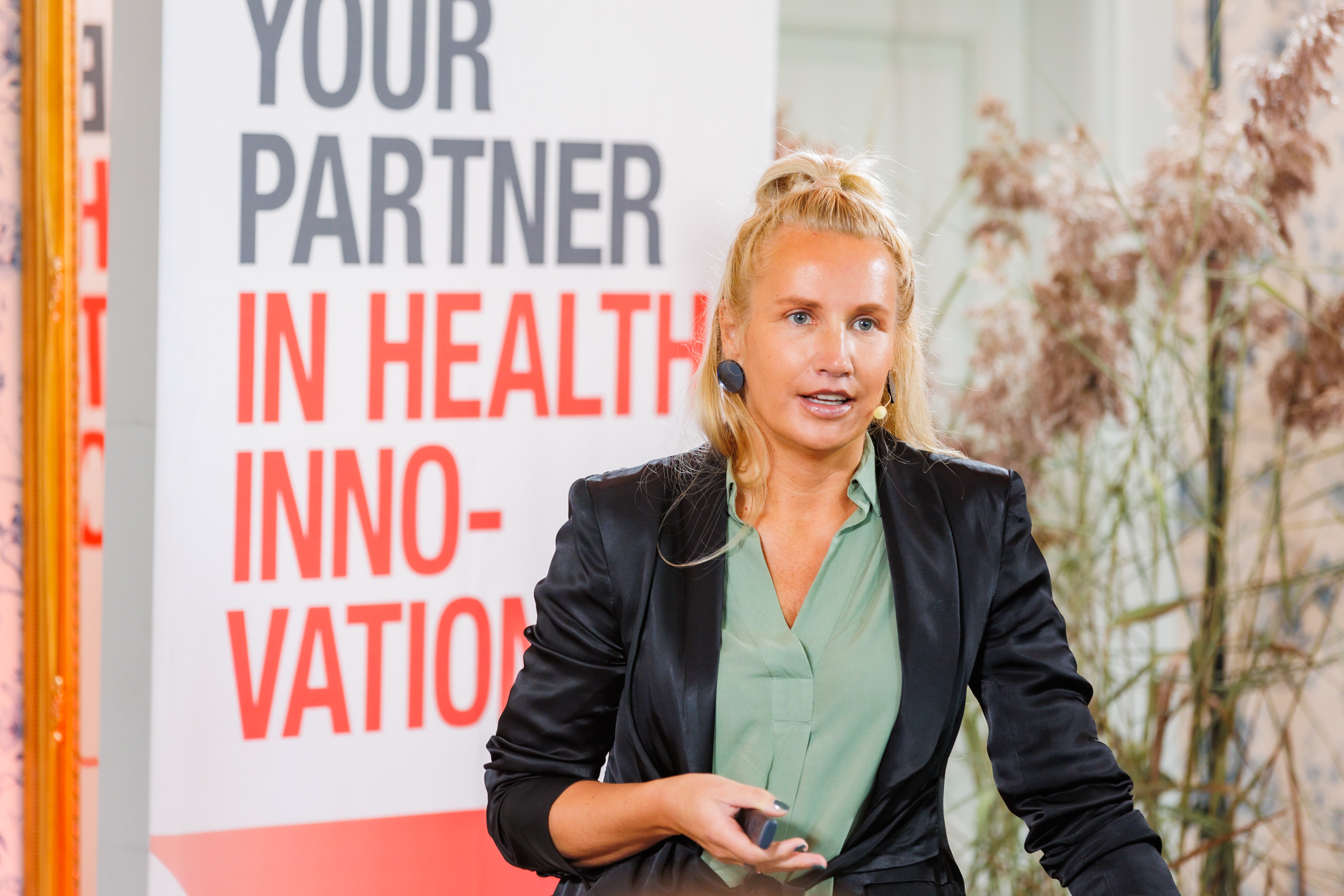
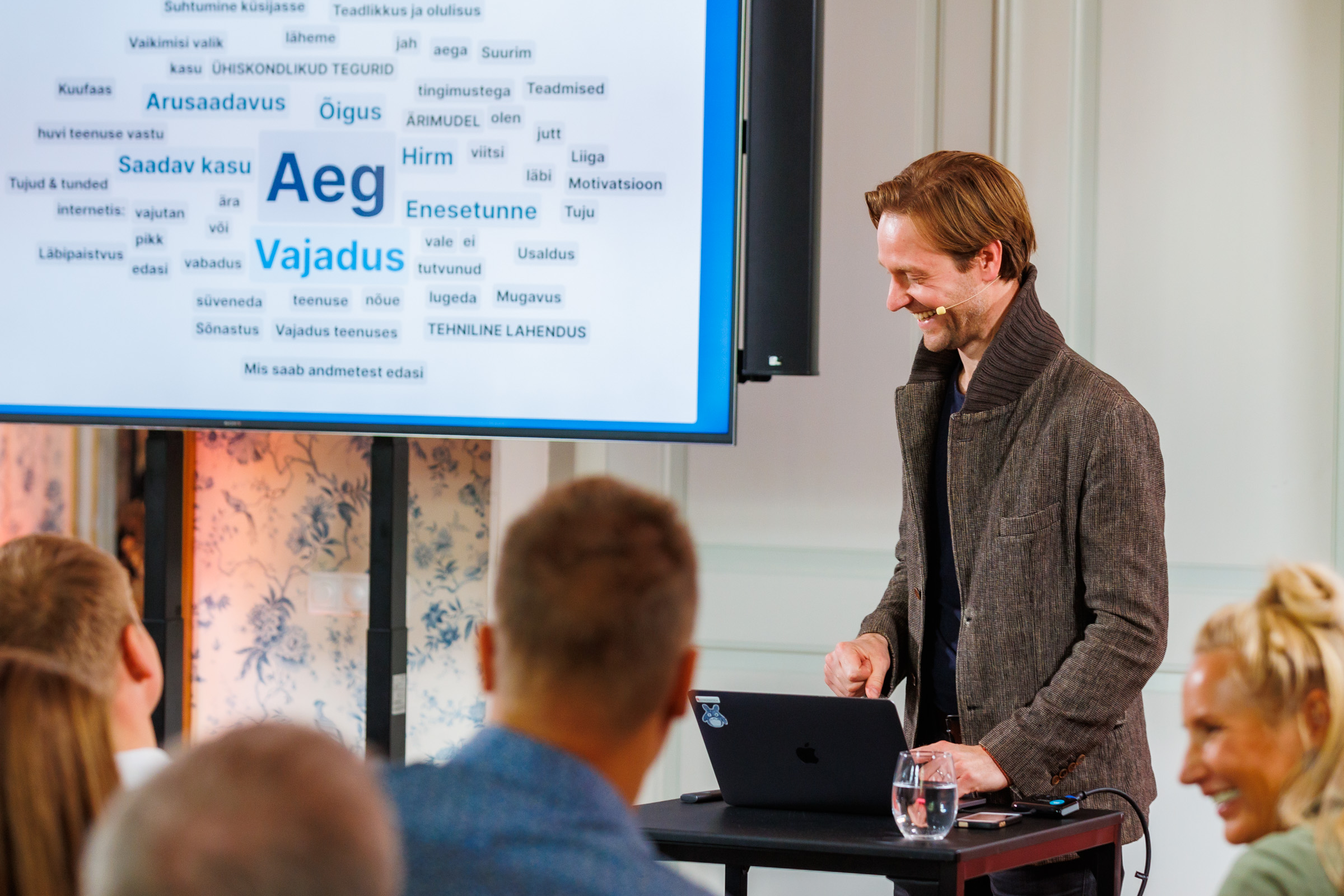
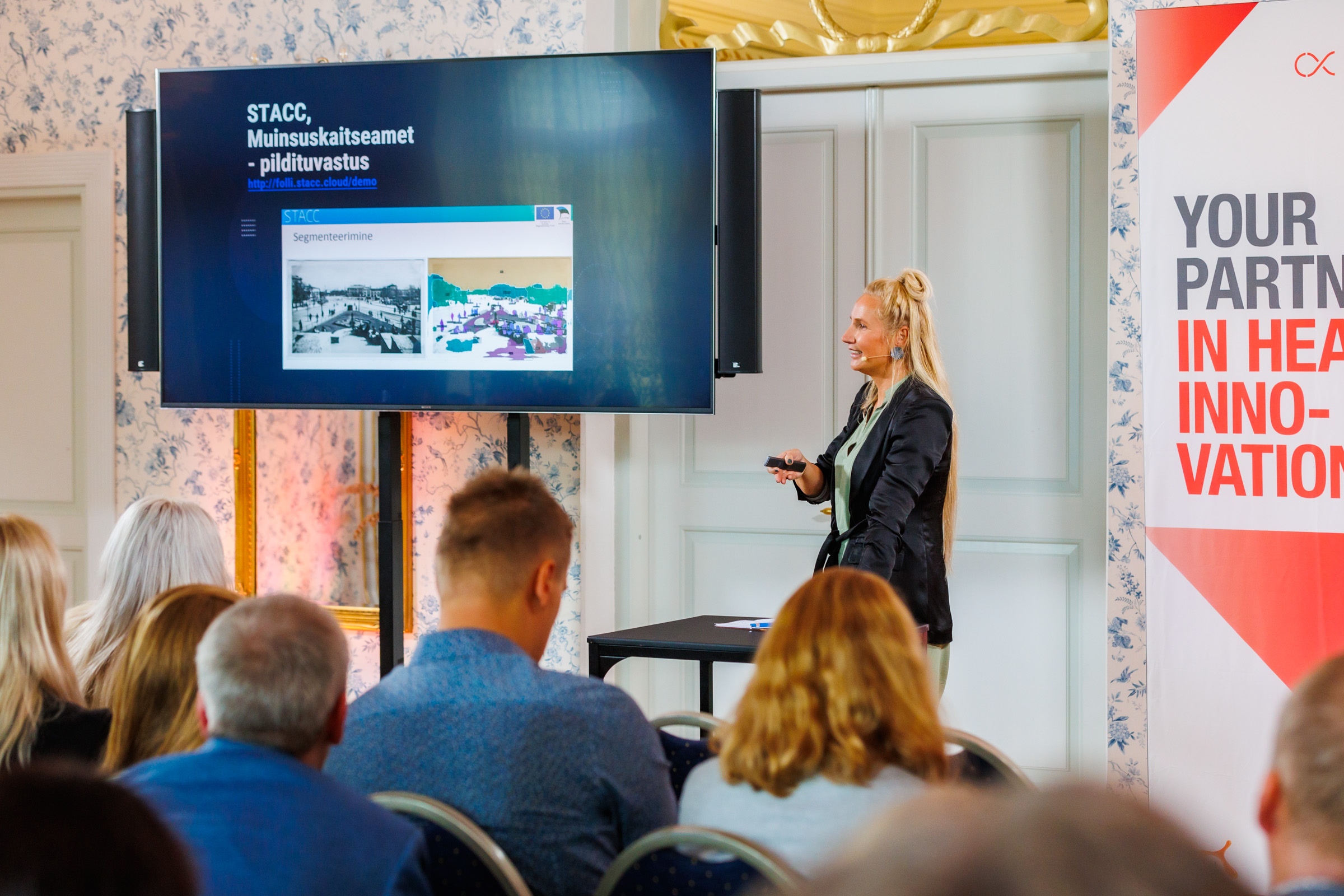
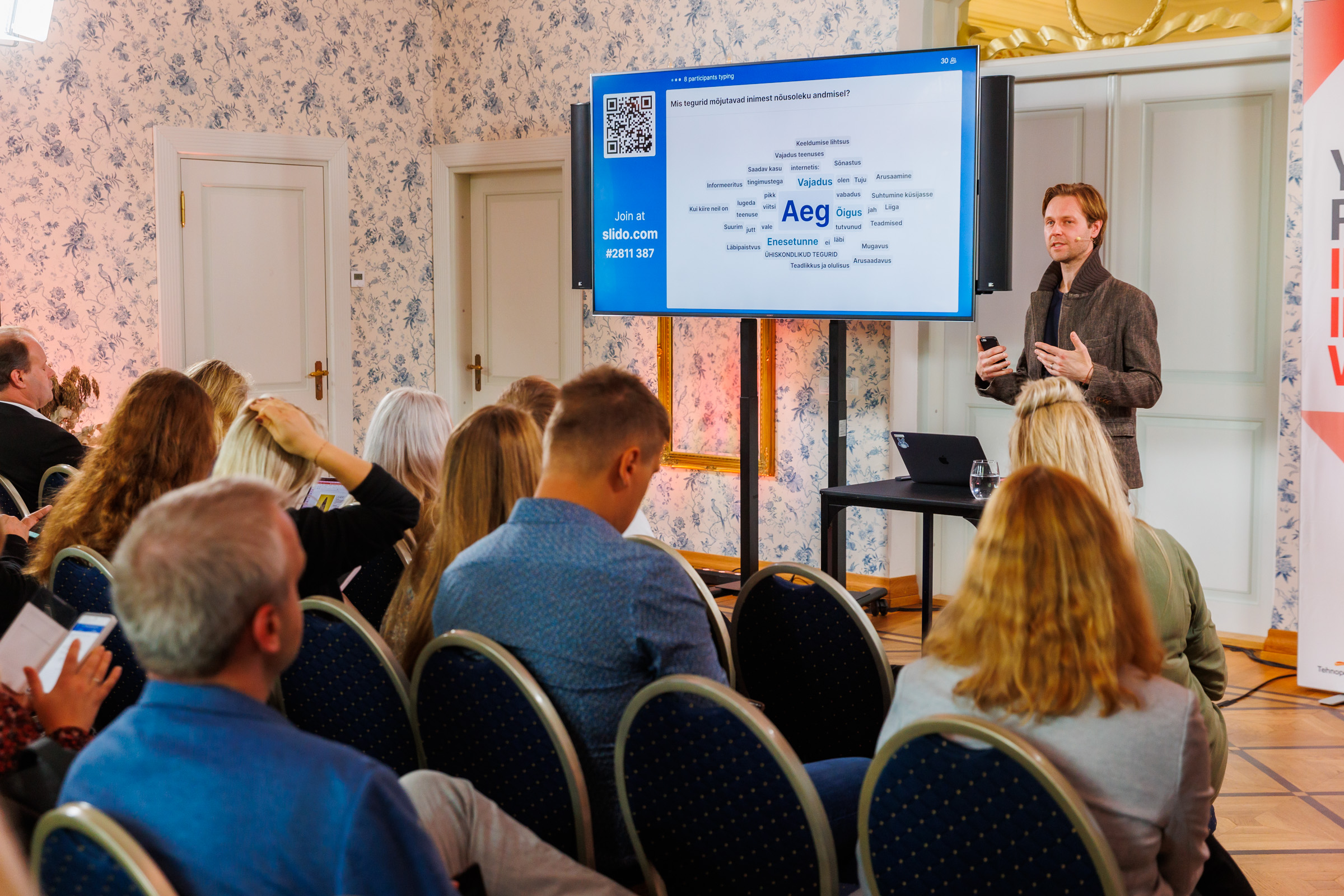
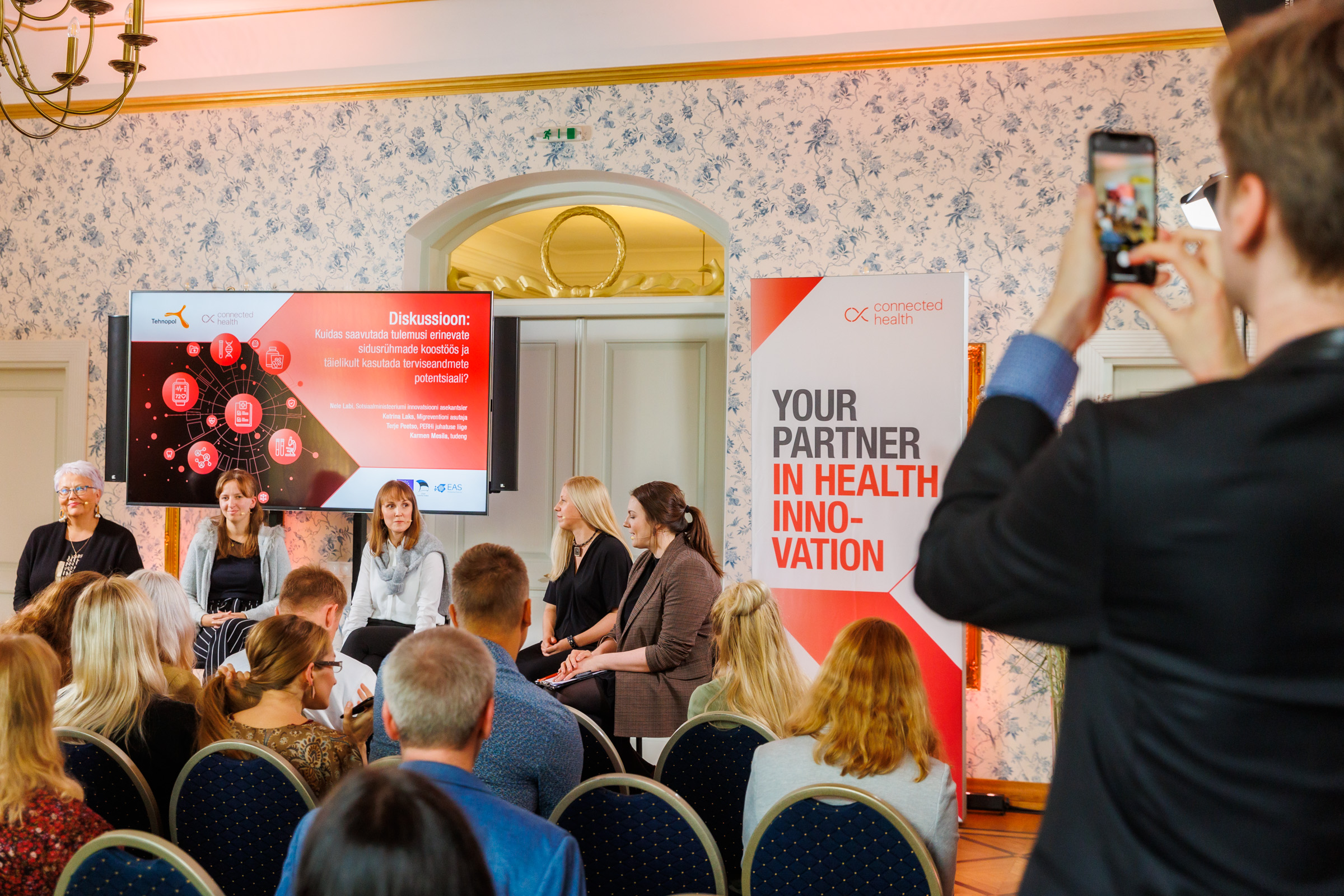
Nele Nisu of the Ministry of Economic Affairs and Communications spoke about creating value and ensuring the use of data in health and welfare services. Nele said that the government wants to enhance innovation using data and this will also ultimately benefit the patient, meaning that individuals themselves should encourage the use of data.
Researcher Tanel Mällo from Cybernetica AS spoke about consenting to the repeated use of health data and the factors that could affect an individual. Asking for consent is key to making sure that so-called third parties, who are not legally entitled to use a person’s data, can do so, since the data can be used, for example, to create innovation. Tanel pointed out that consenting to the use of our data for whatever purpose plays a fundamental function in the society we are building.
Priit Lumi from Elsavie introduced ways to use health data in prevention in a science-based way. According to Priit, there need not be many different types of data because it is more important that the data are of good quality and well systematised and that they help people move forwards and make decisions.
In addition to coming together to discuss issues of national importance, Kärajad is always important for its networking opportunities and private discussions. As Piret Hirv said in her introduction to the day, the meeting is an opportunity to grab ahold of any of the participants and ask them about the progress of a development project over the year or discuss achievements and results.
You can find a recording of the whole day on YouTube (in Estonian) with all the presentations. Timestamps for specific presentations are provided in the video description as well as in the first comment.
Photos at Kärajad by Arno Mikkor. Technical execution by Pixtech.
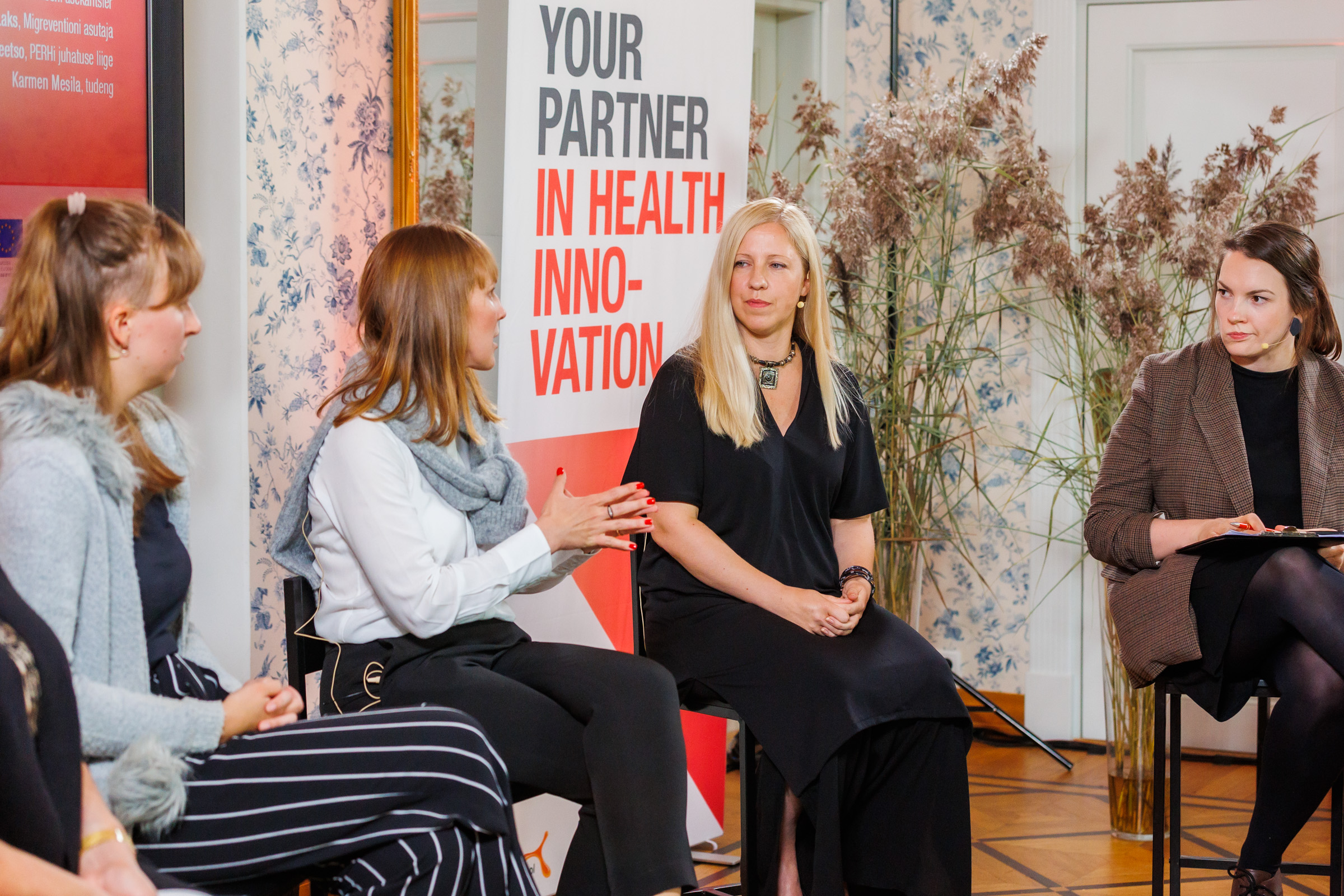
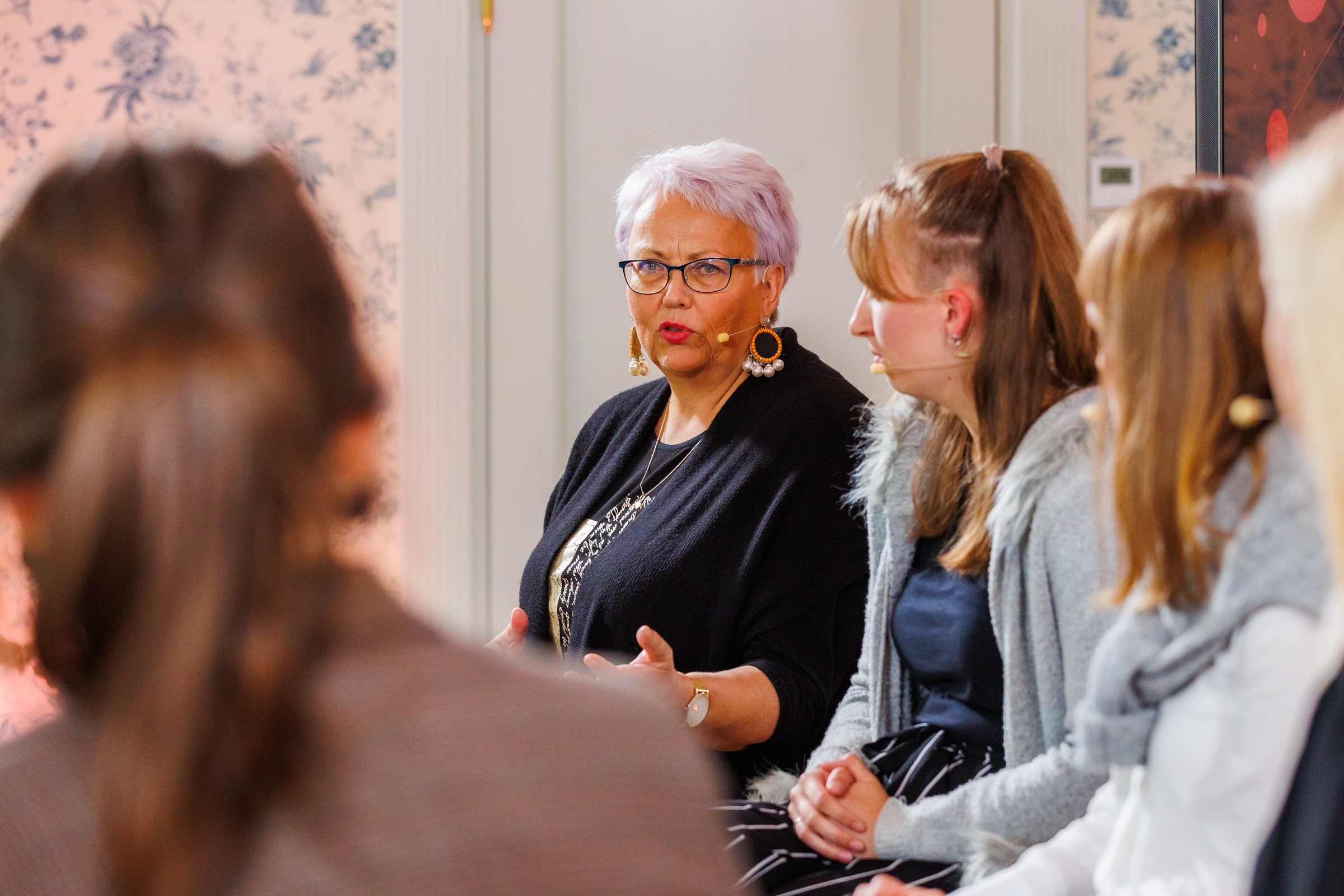
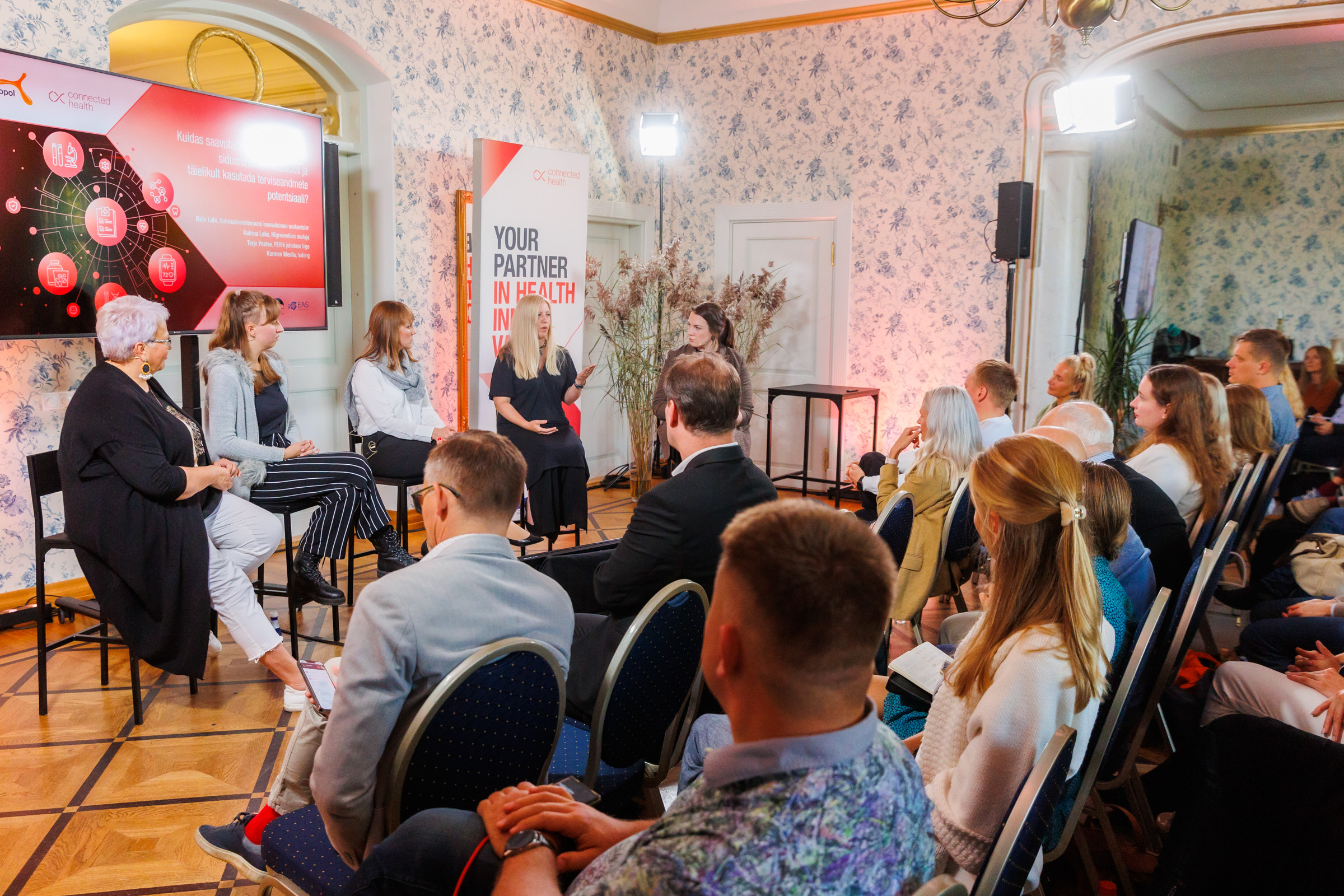
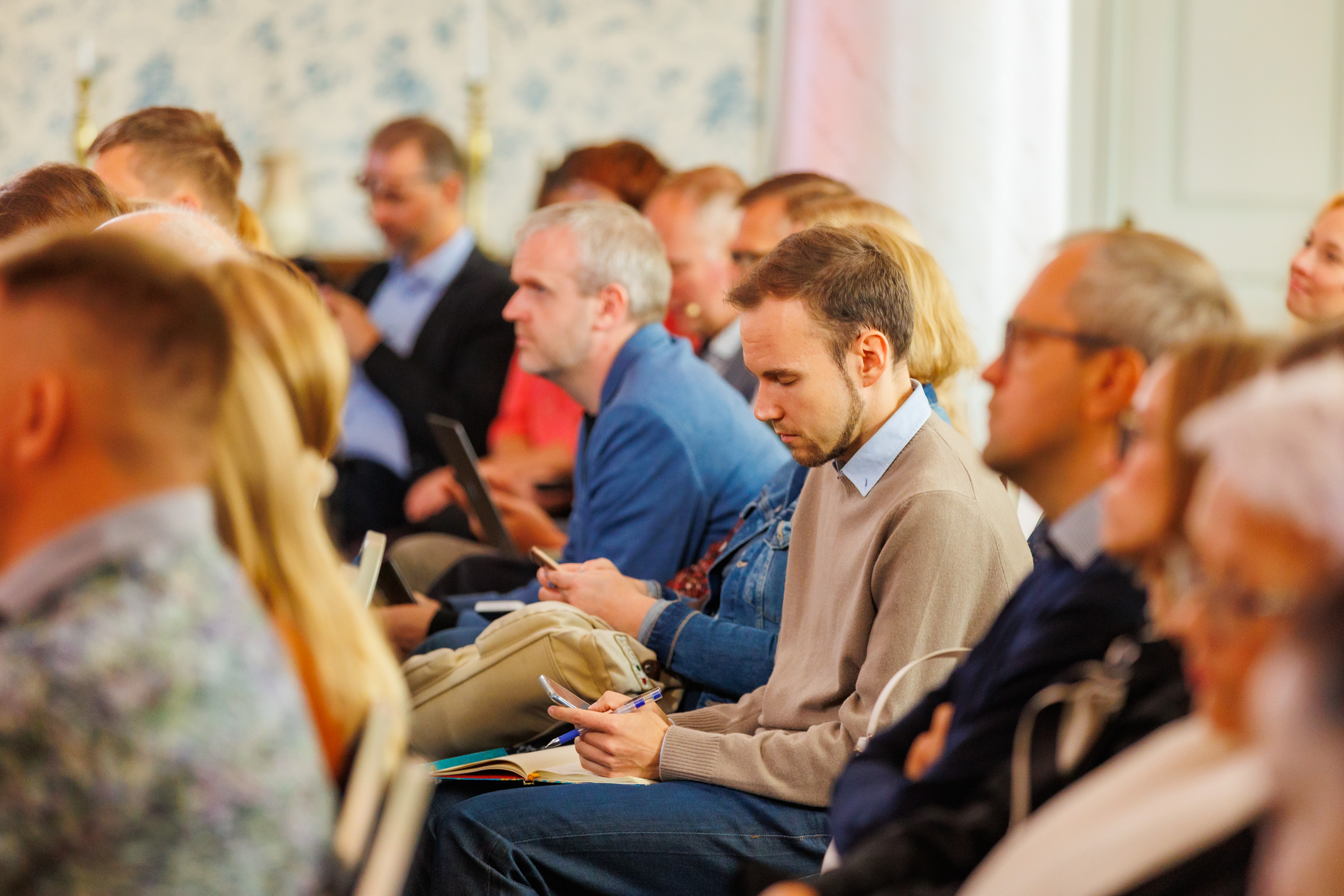
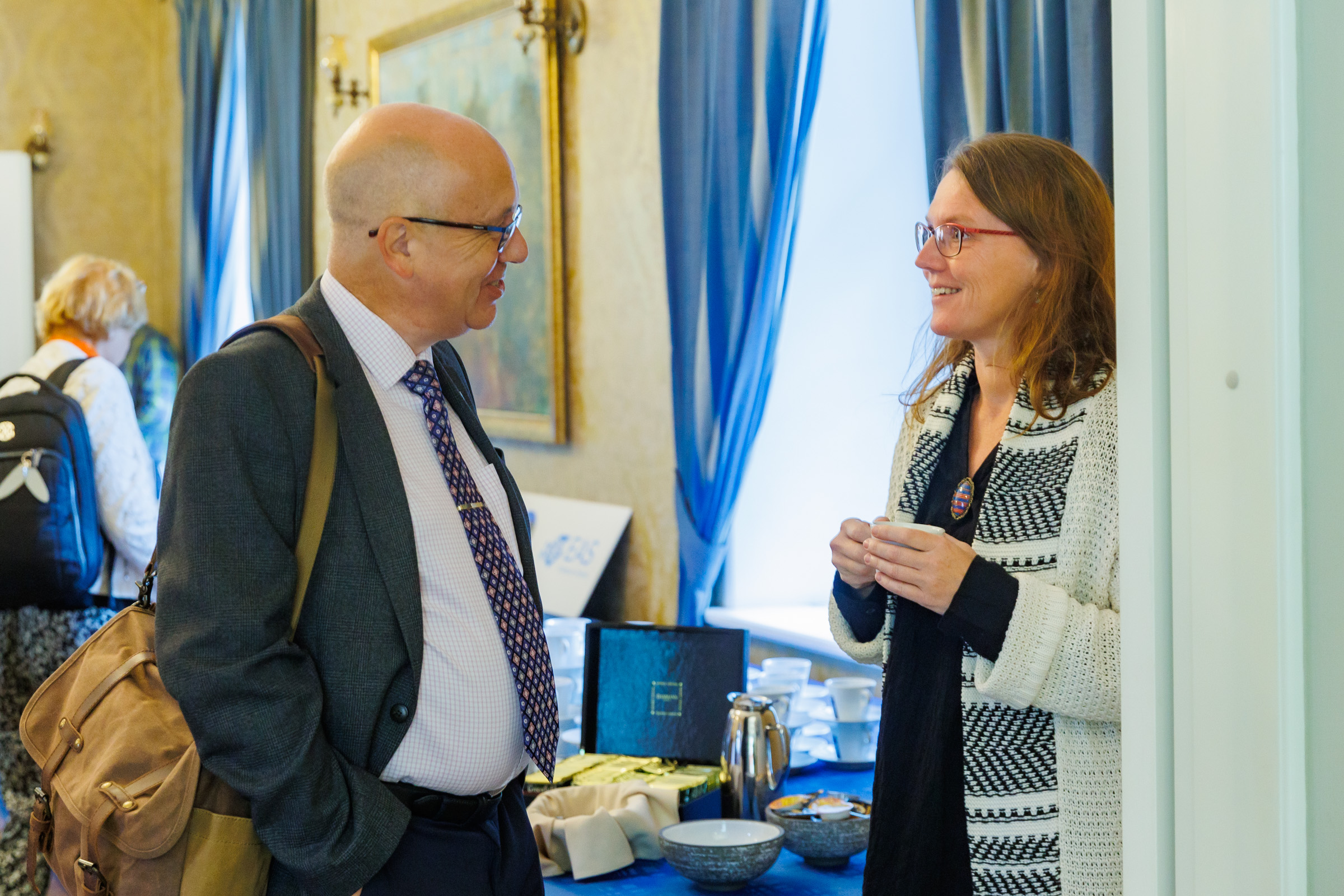
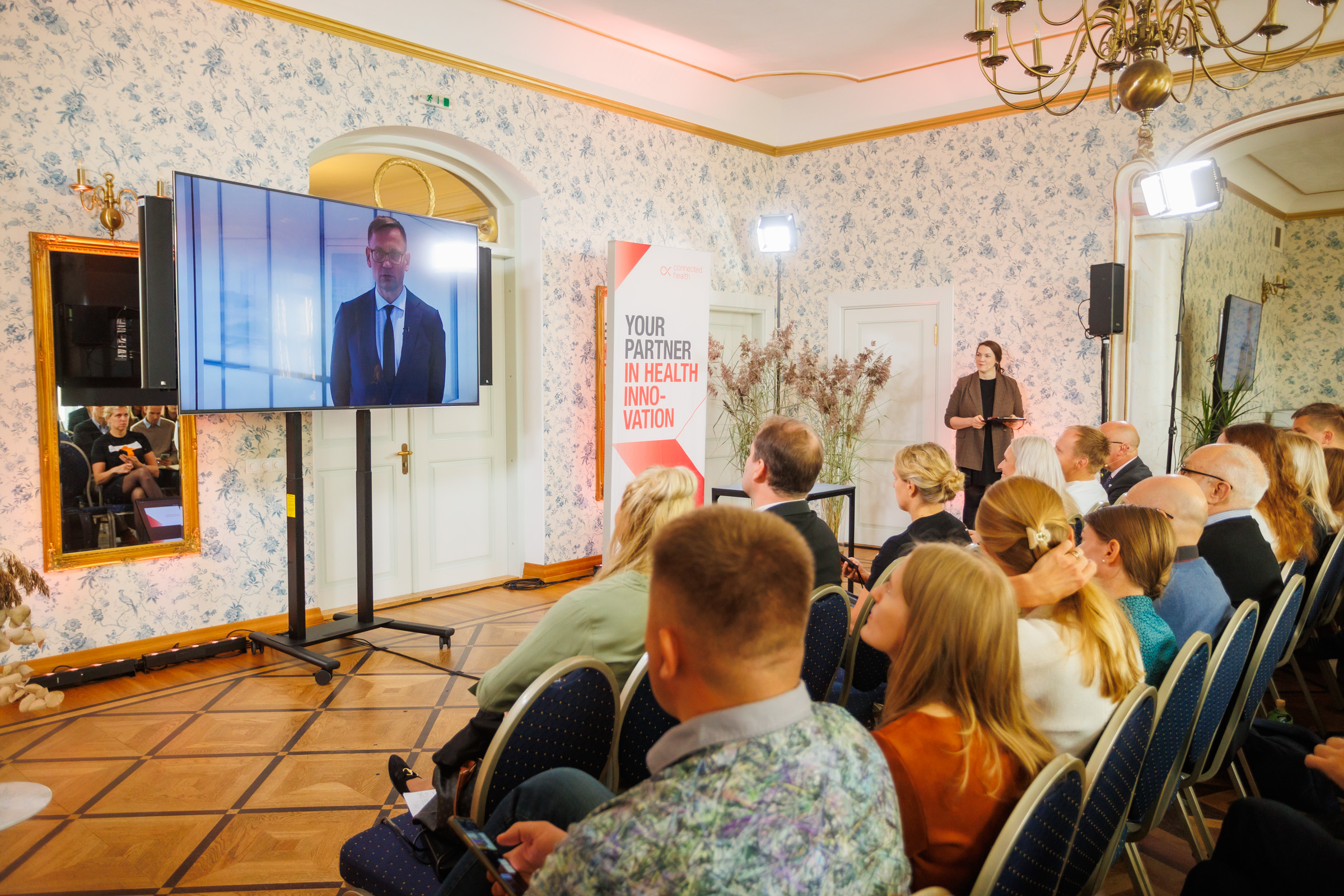
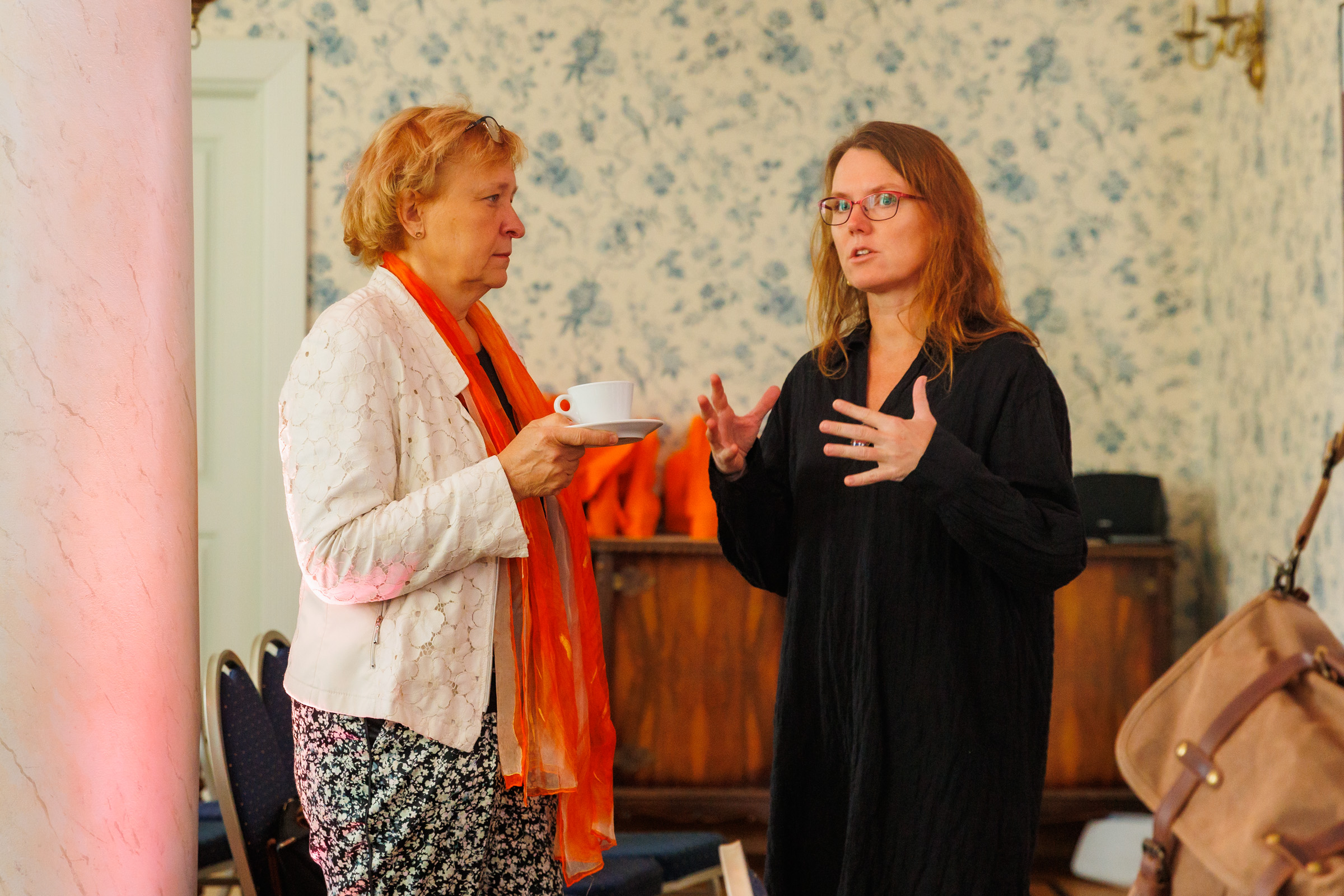
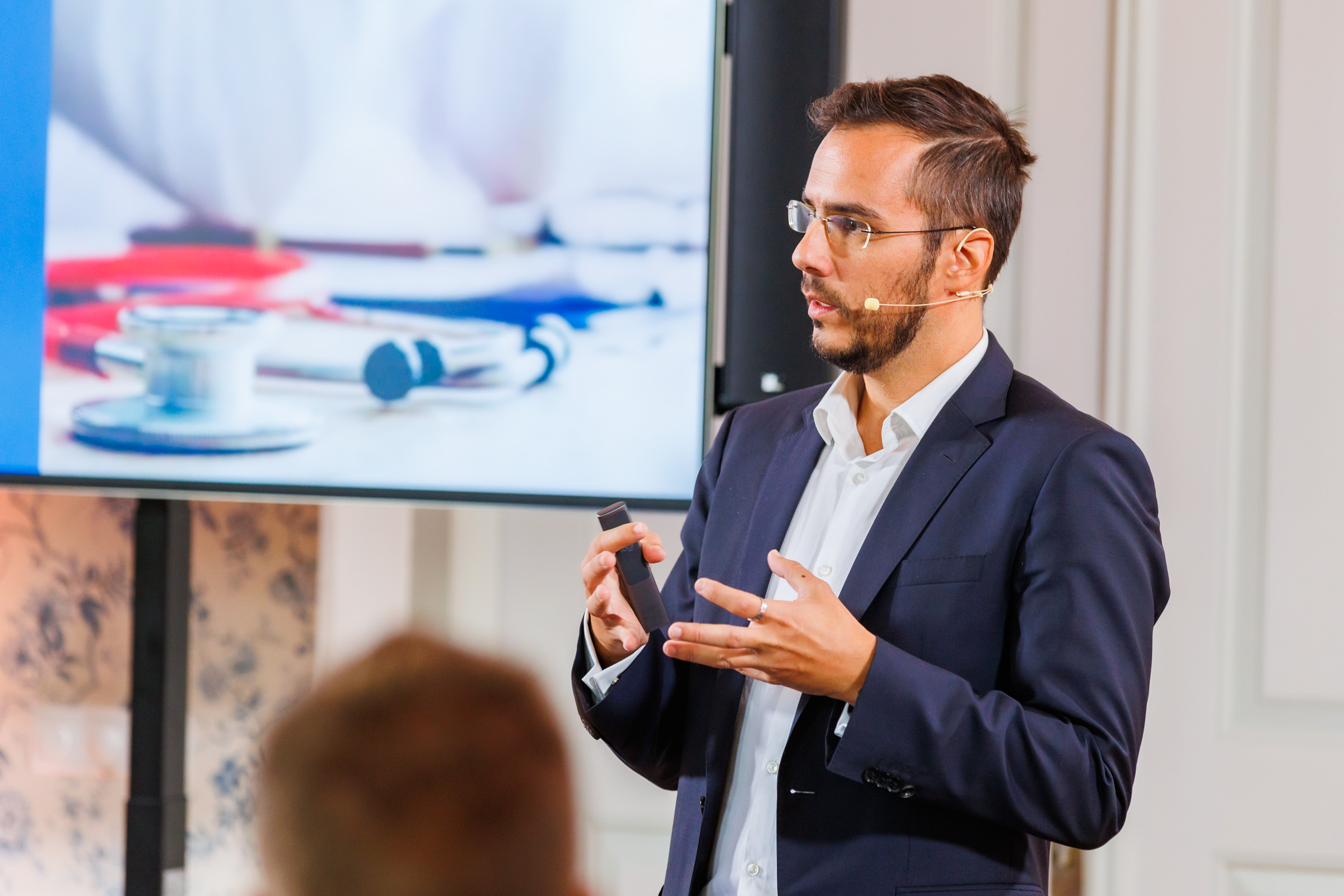
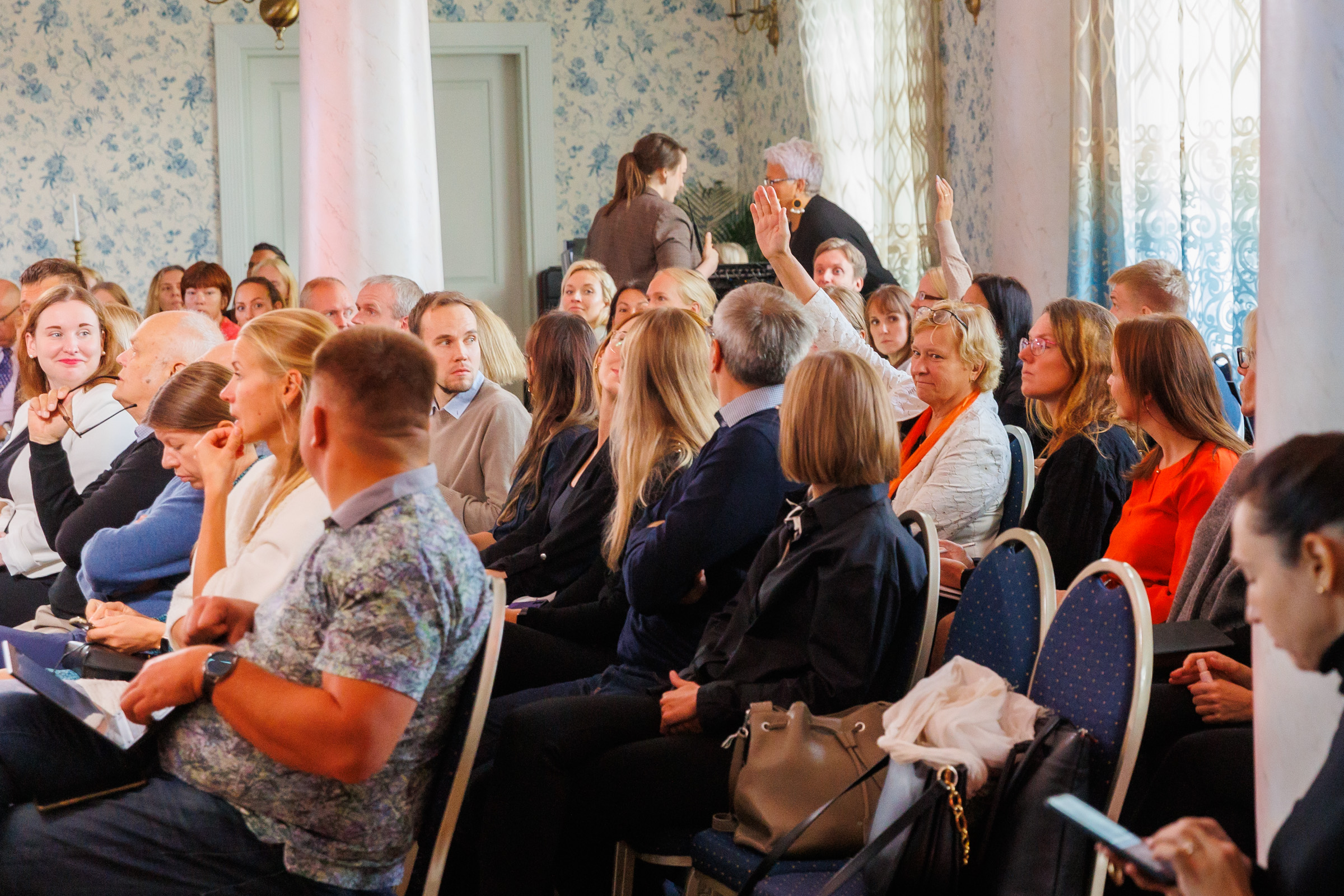
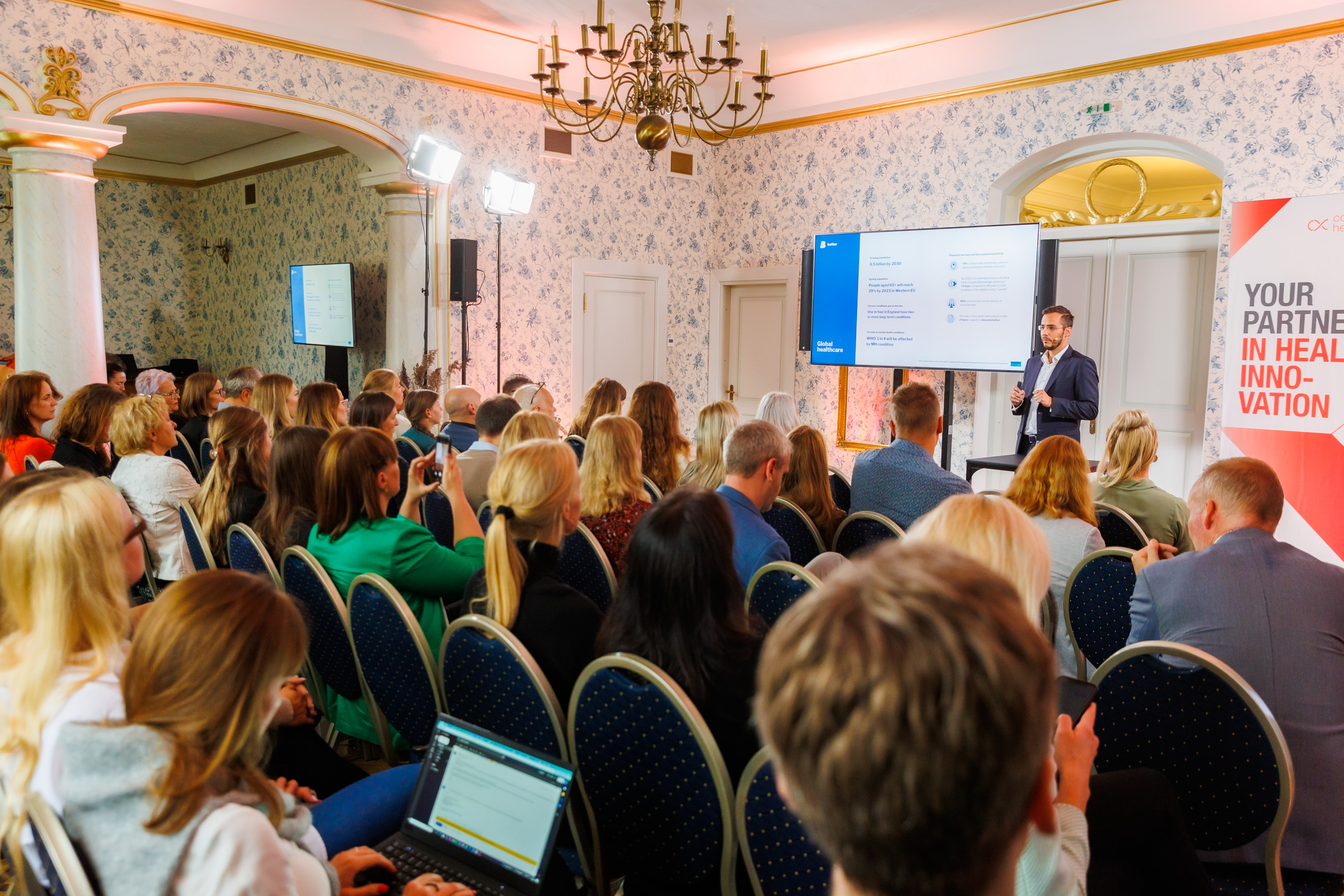
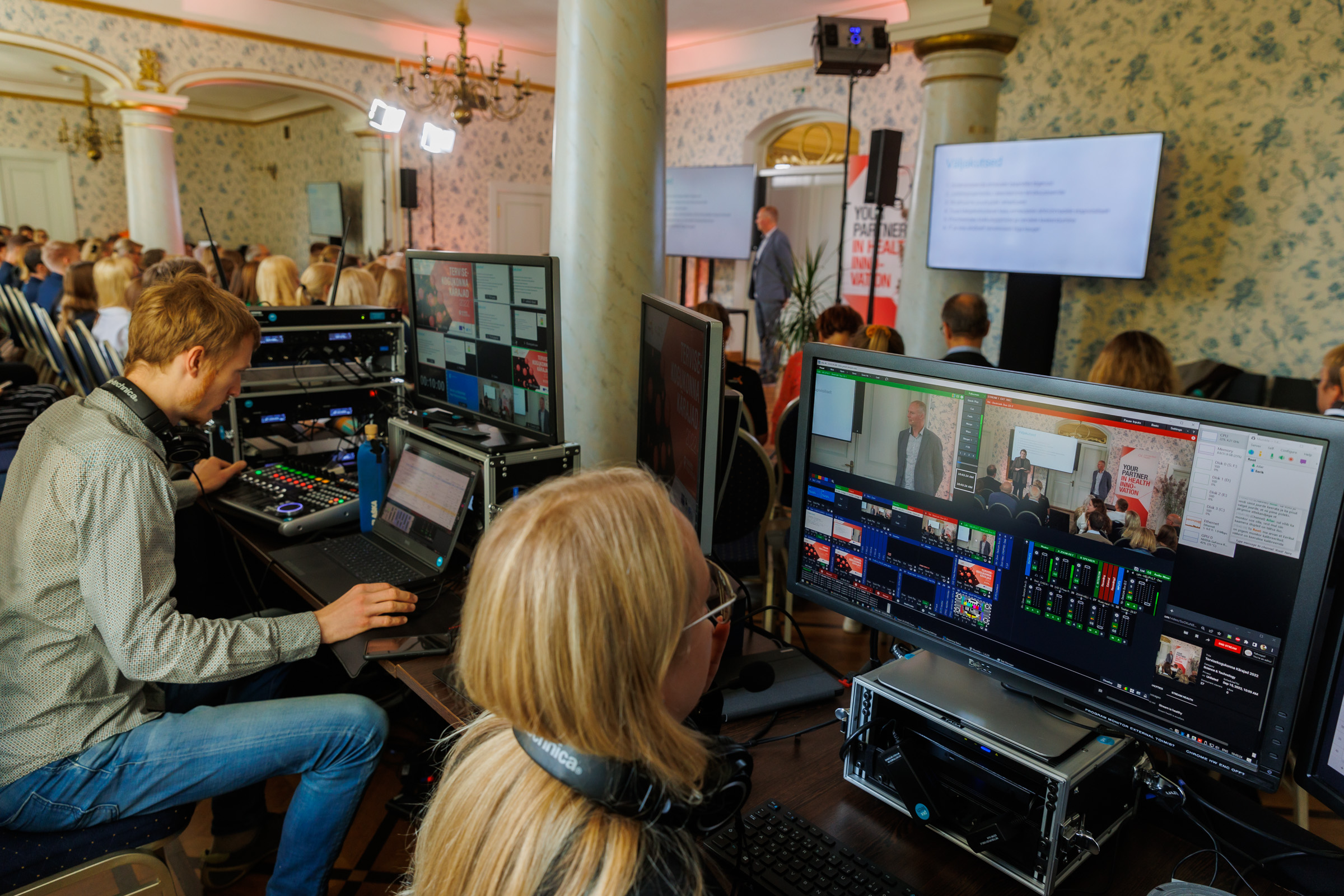
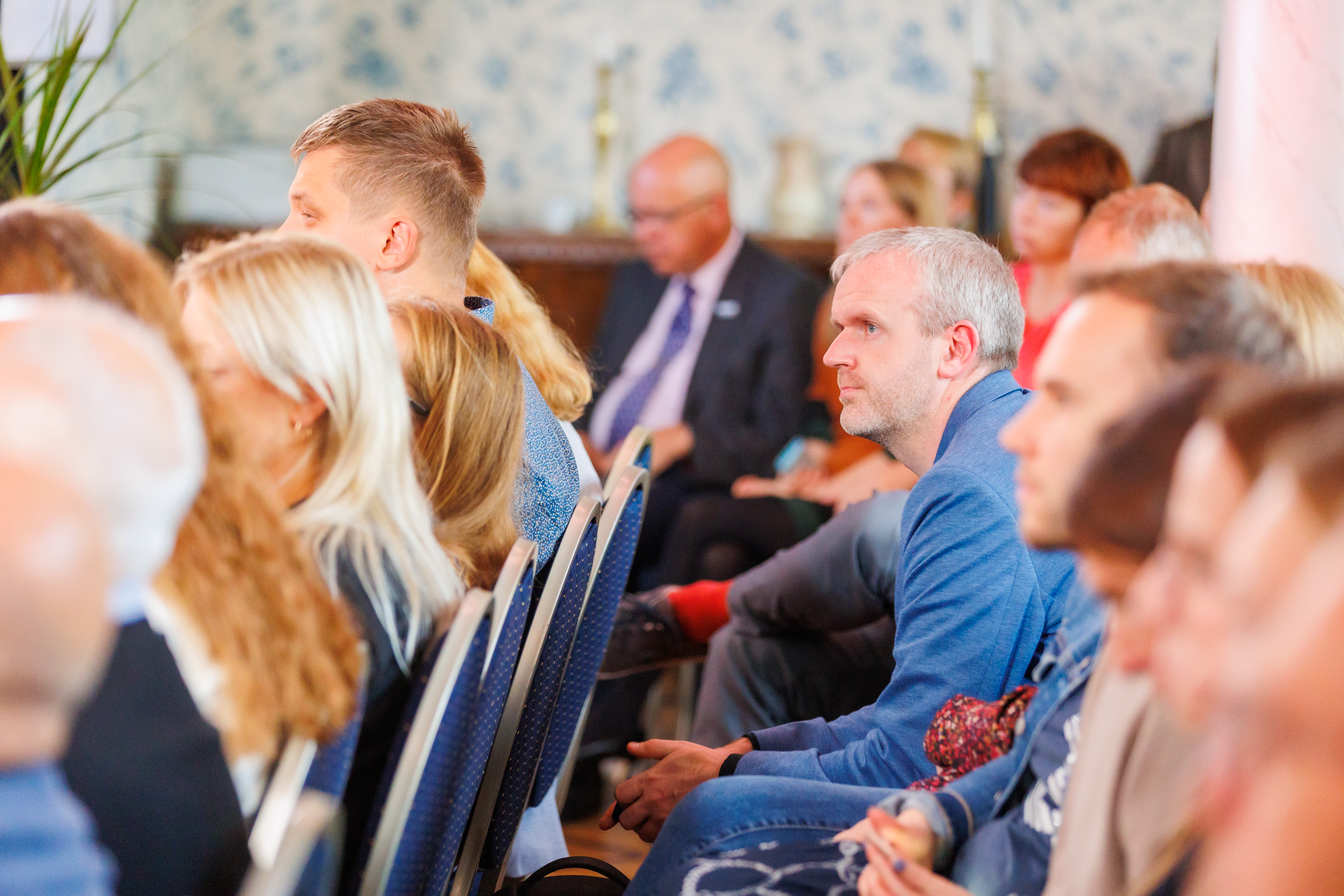
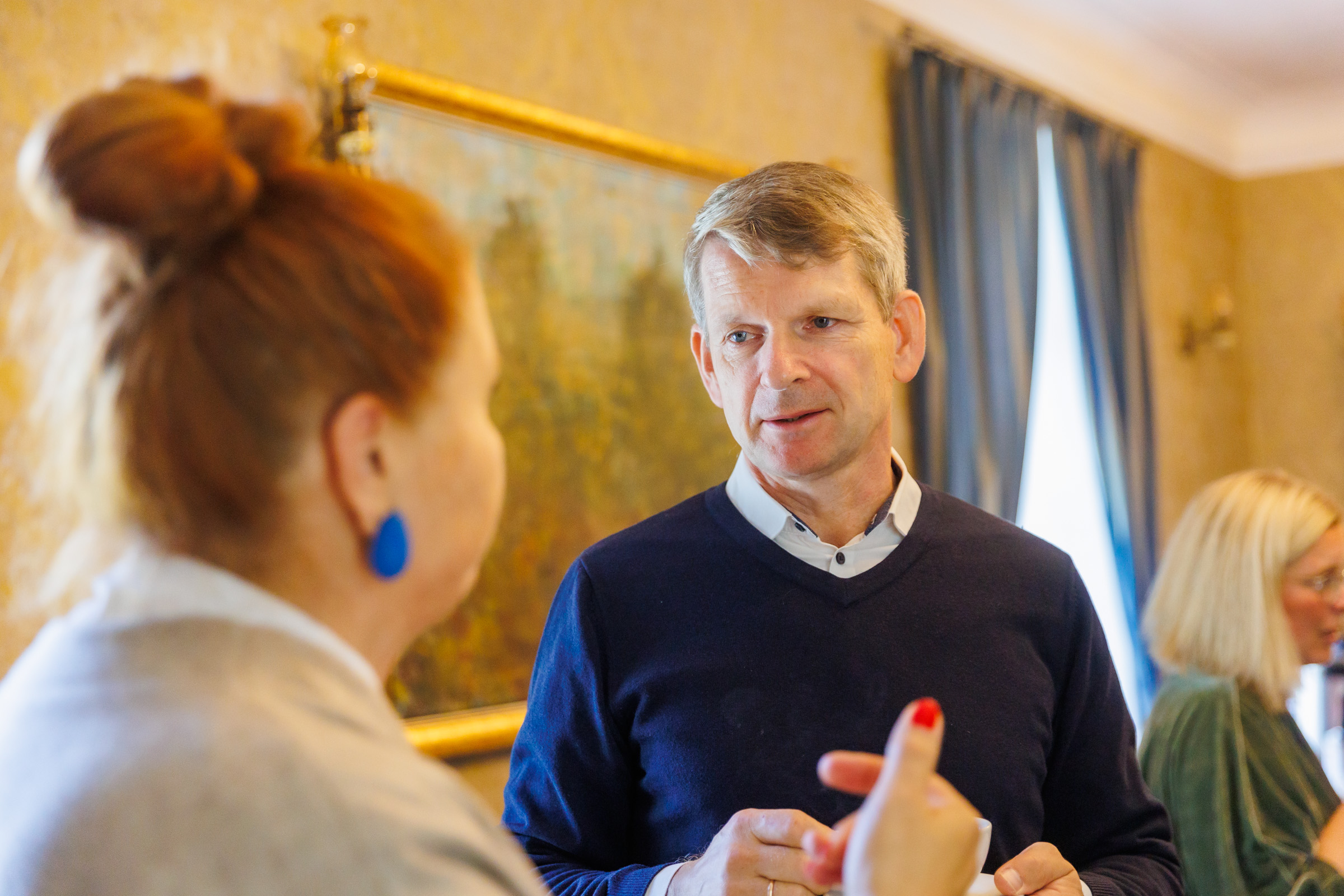
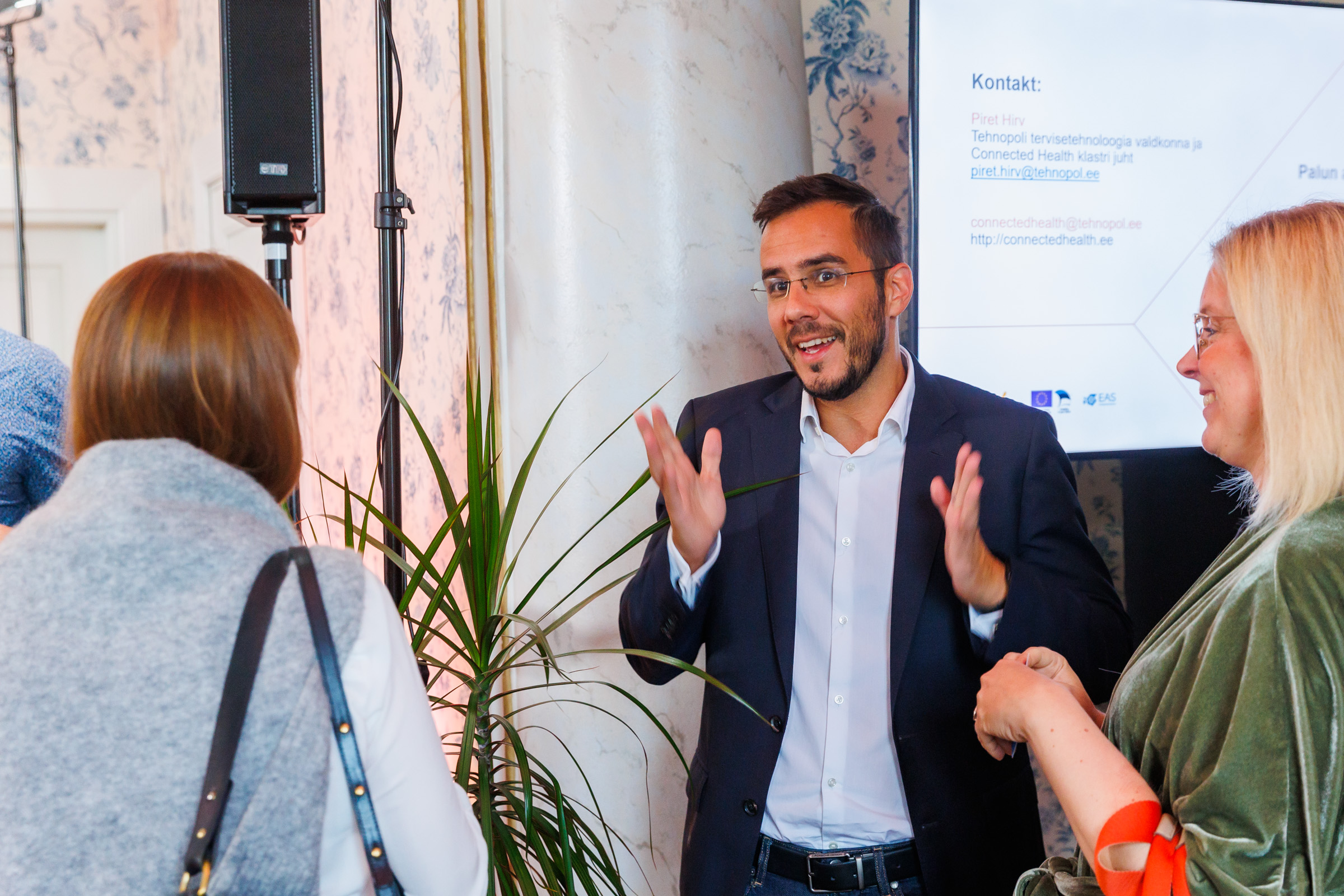
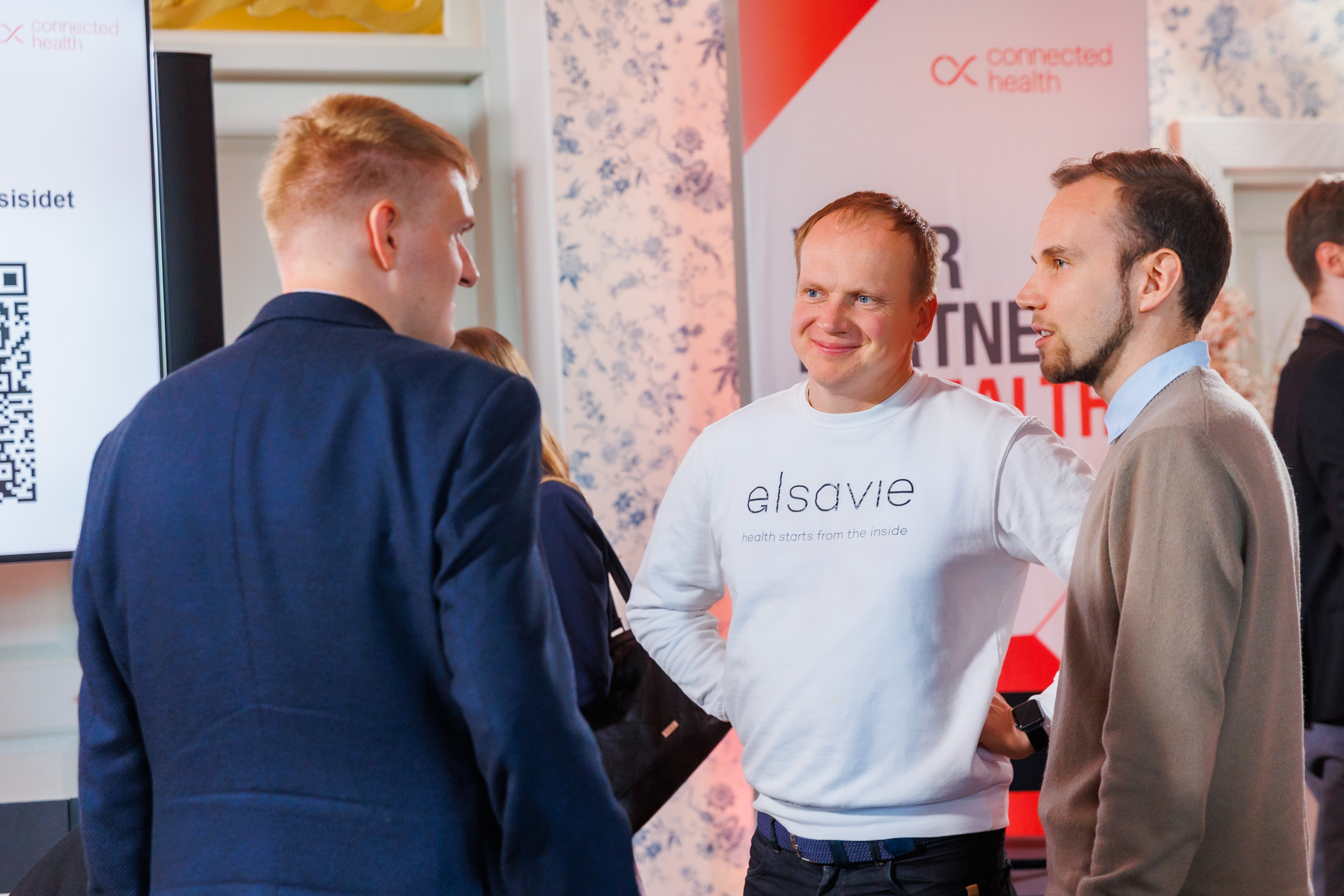
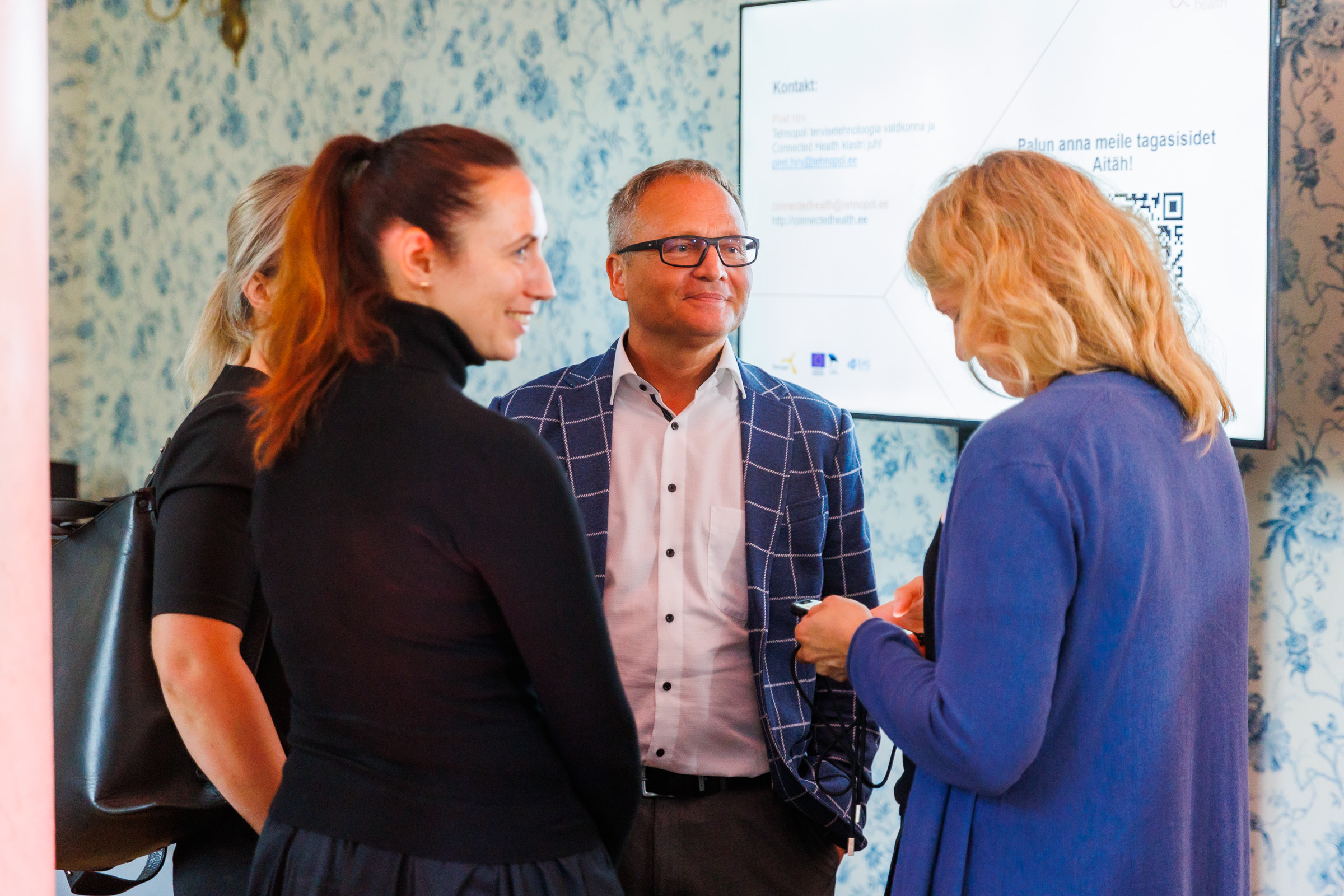
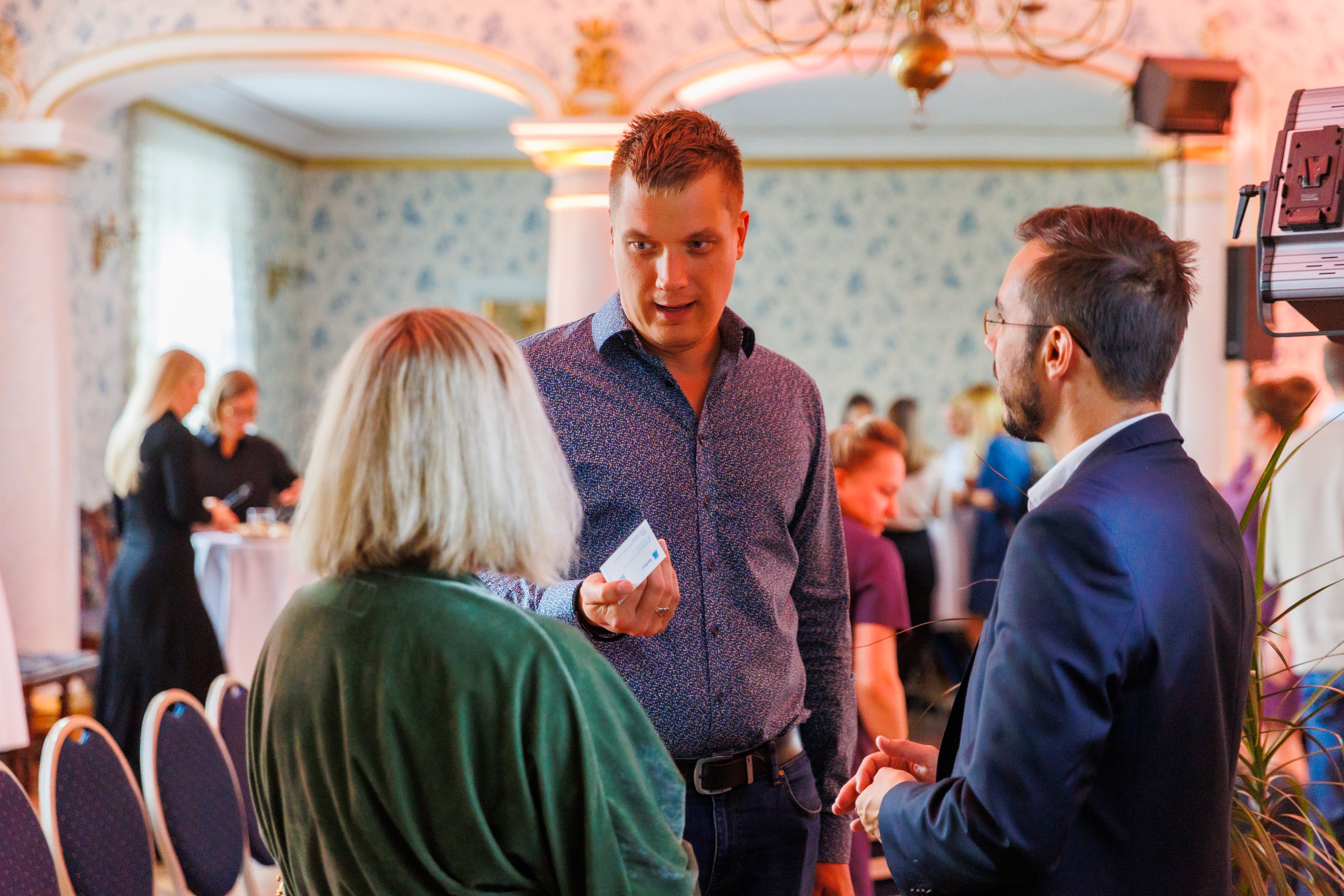
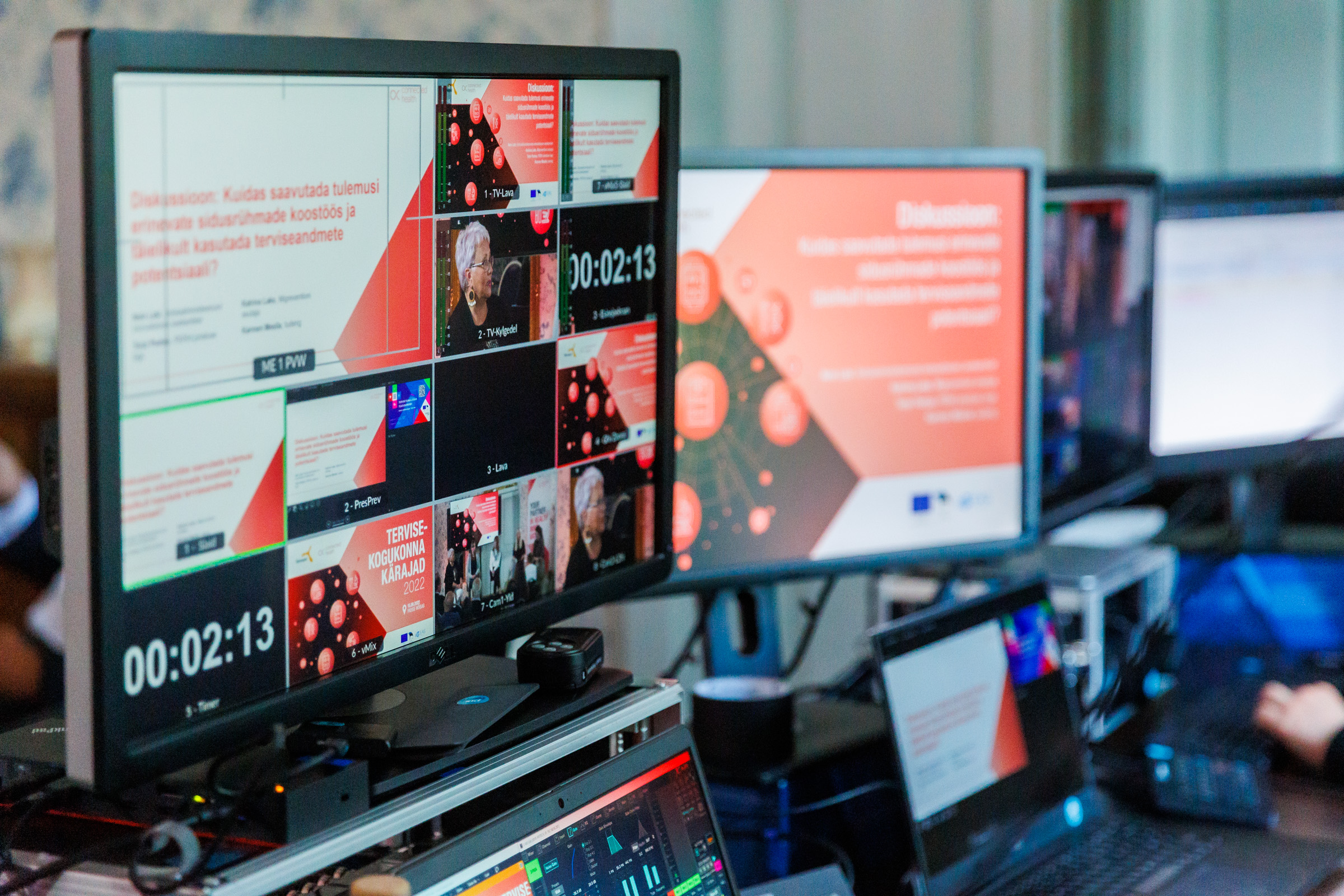
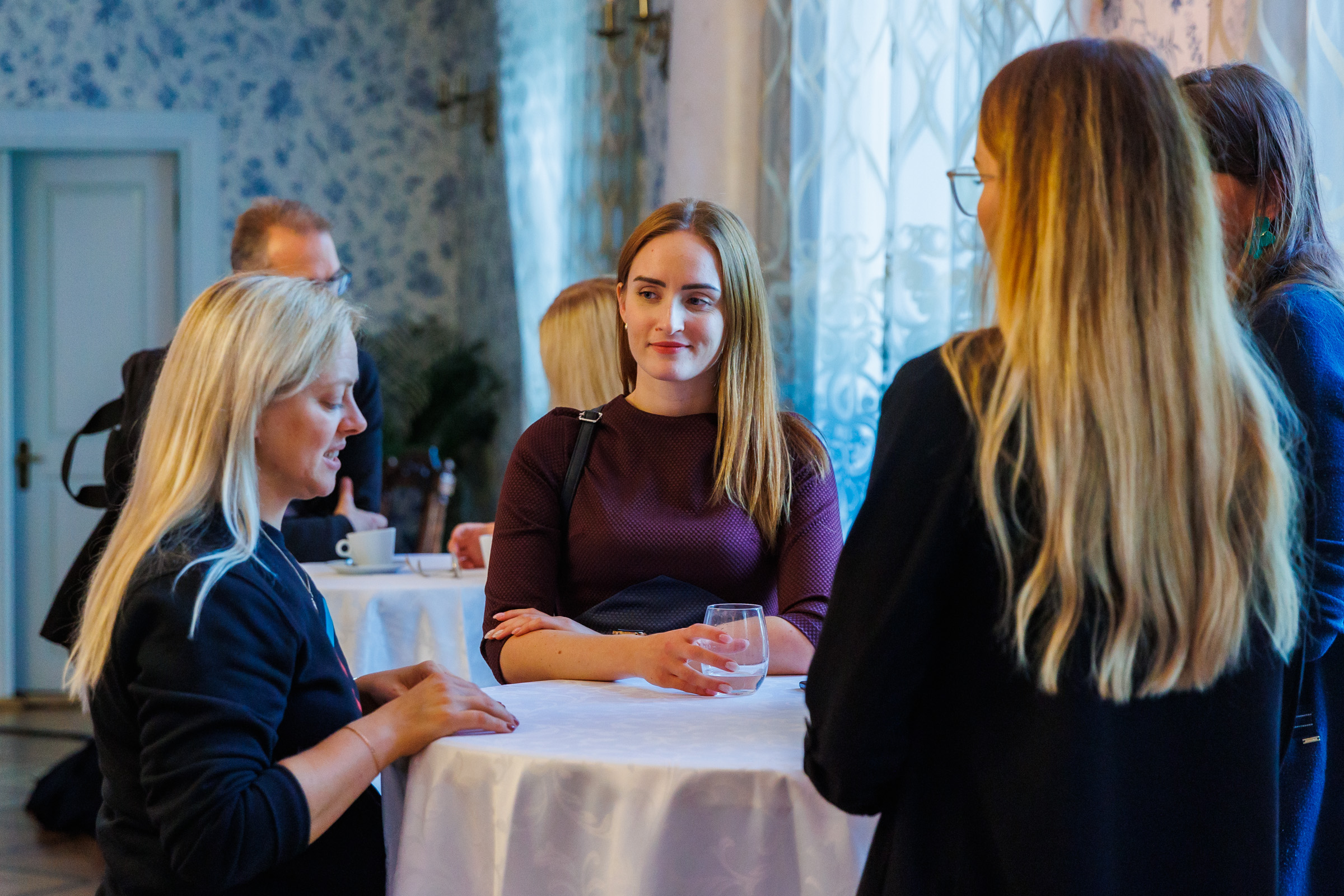
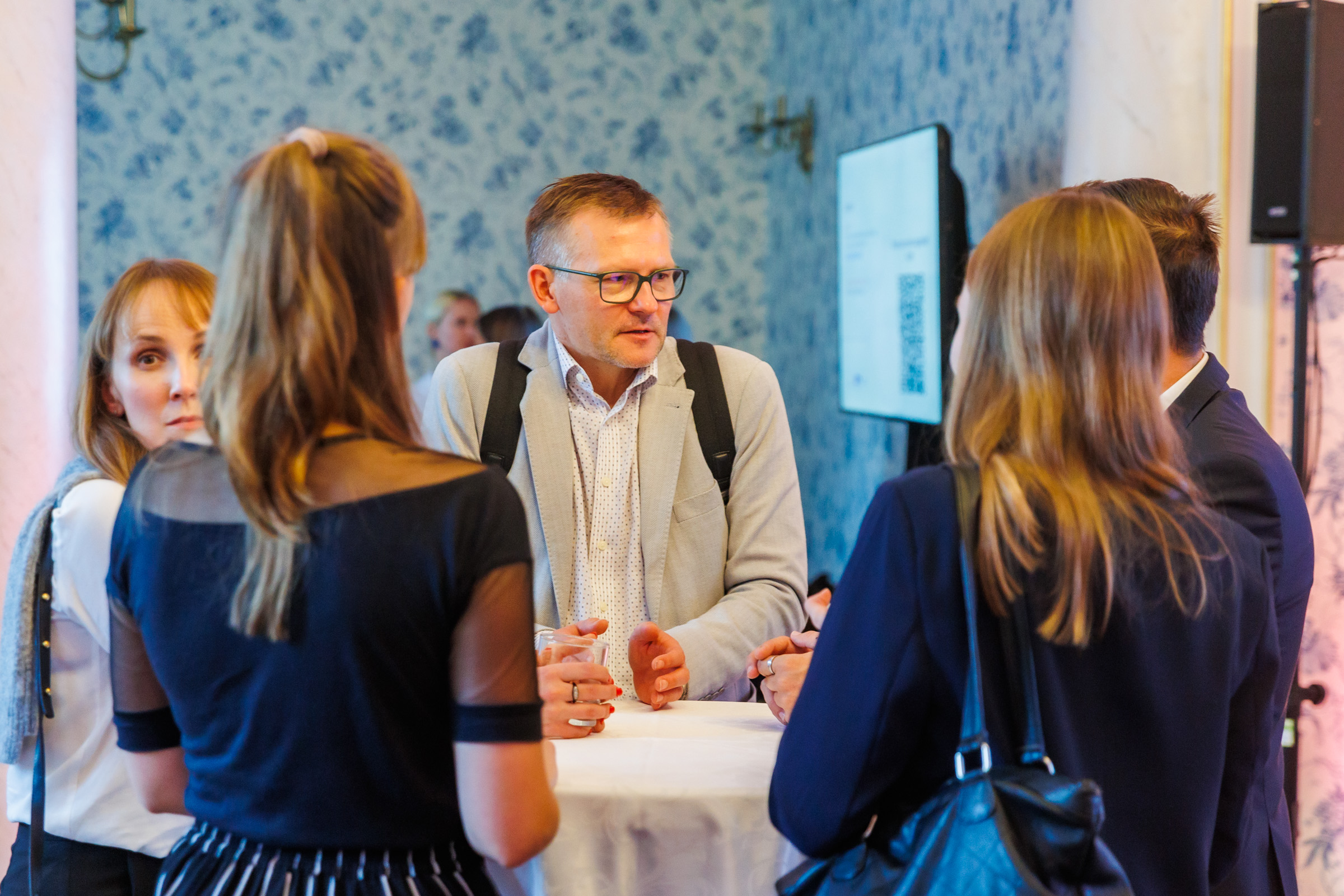
Kärajad is an annual event organized by the Connected Health Cluster. The Connected Health Cluster led by Tehnopol Science and Business Park is Estonia’s biggest healthcare tech community, uniting health service providers, health tech companies and all other key interest groups in the field. The cluster’s support enables domestic cooperation projects and the export of health technological solutions to other countries. The activities of the cluster are co-financed by the European Regional Development Fund.










